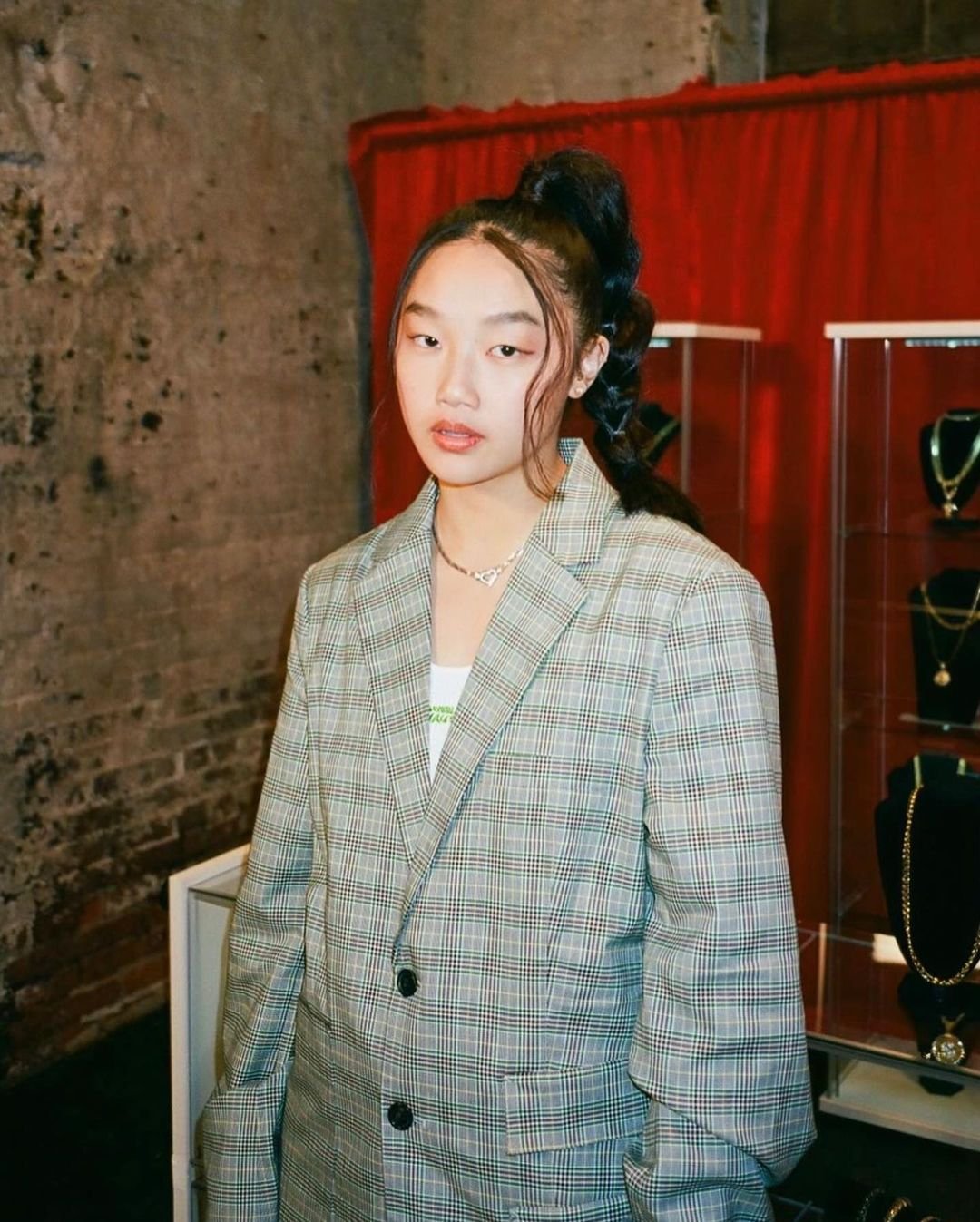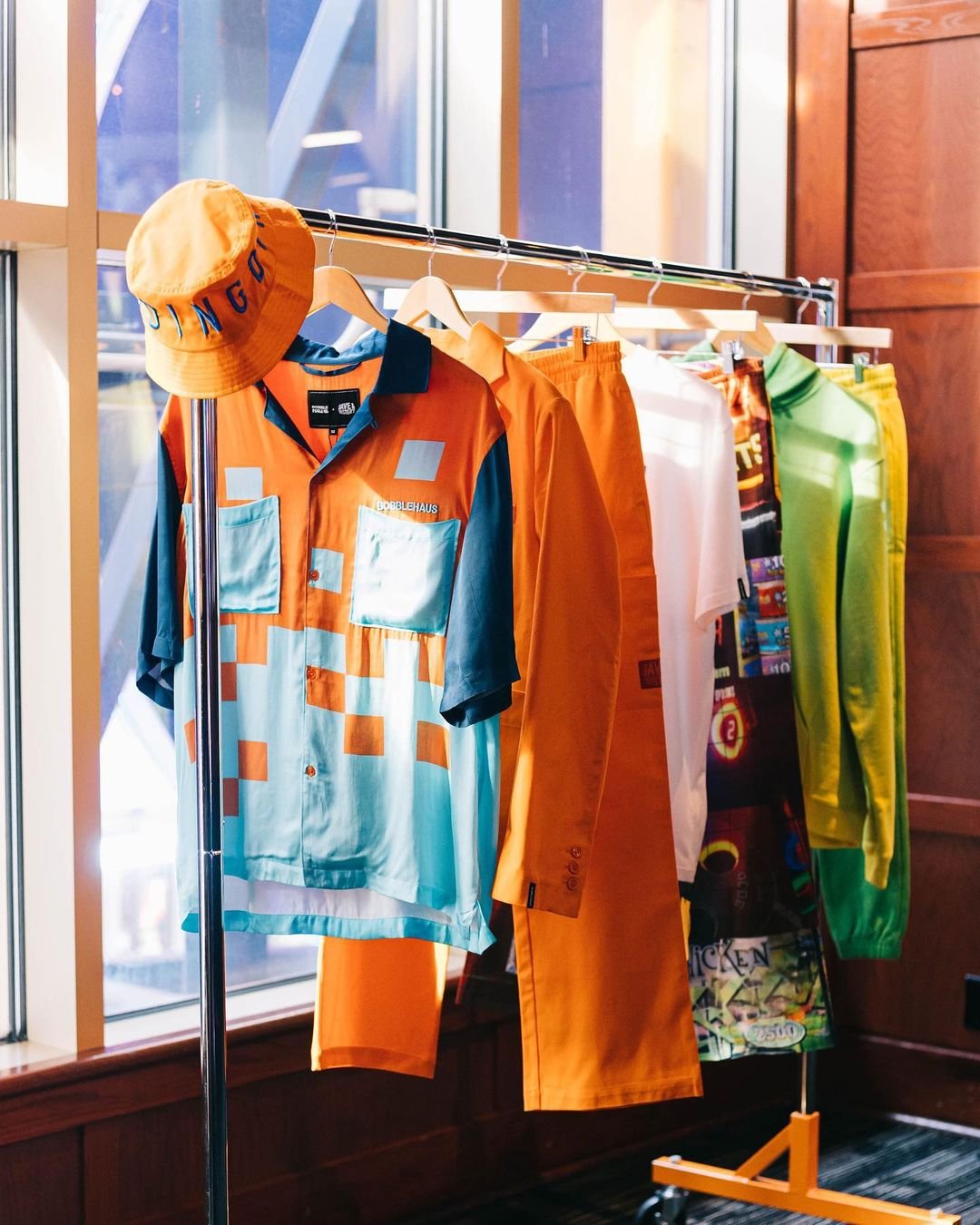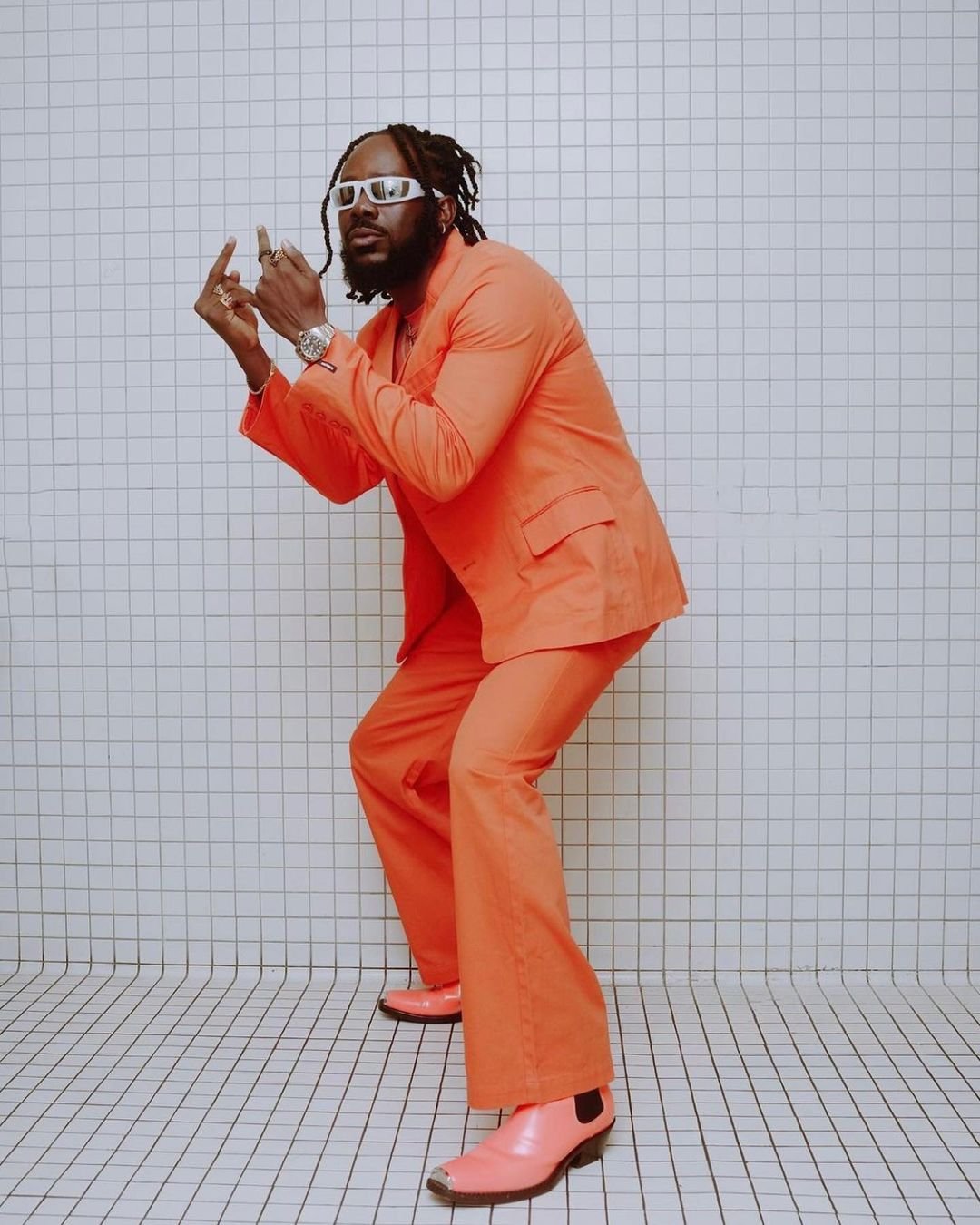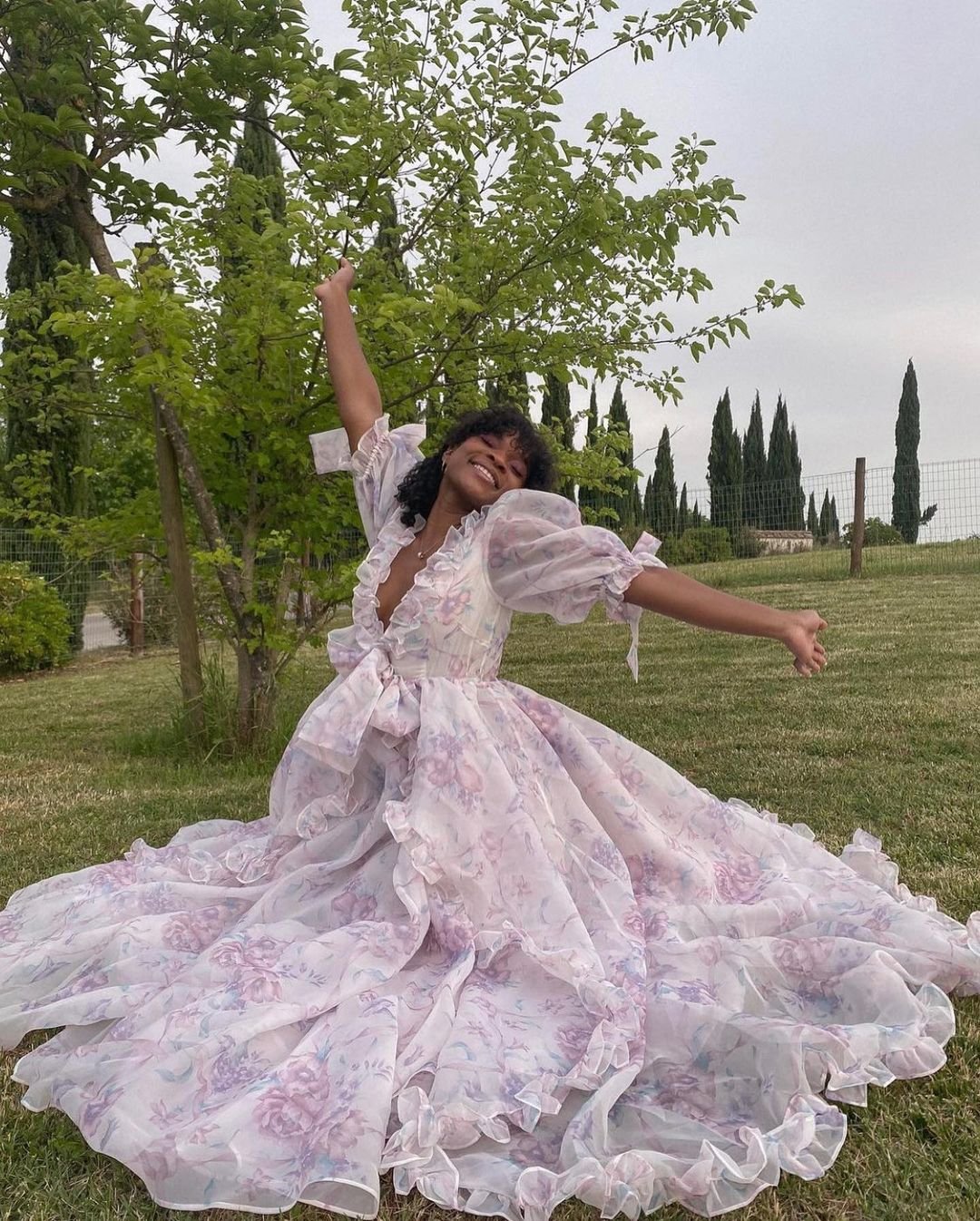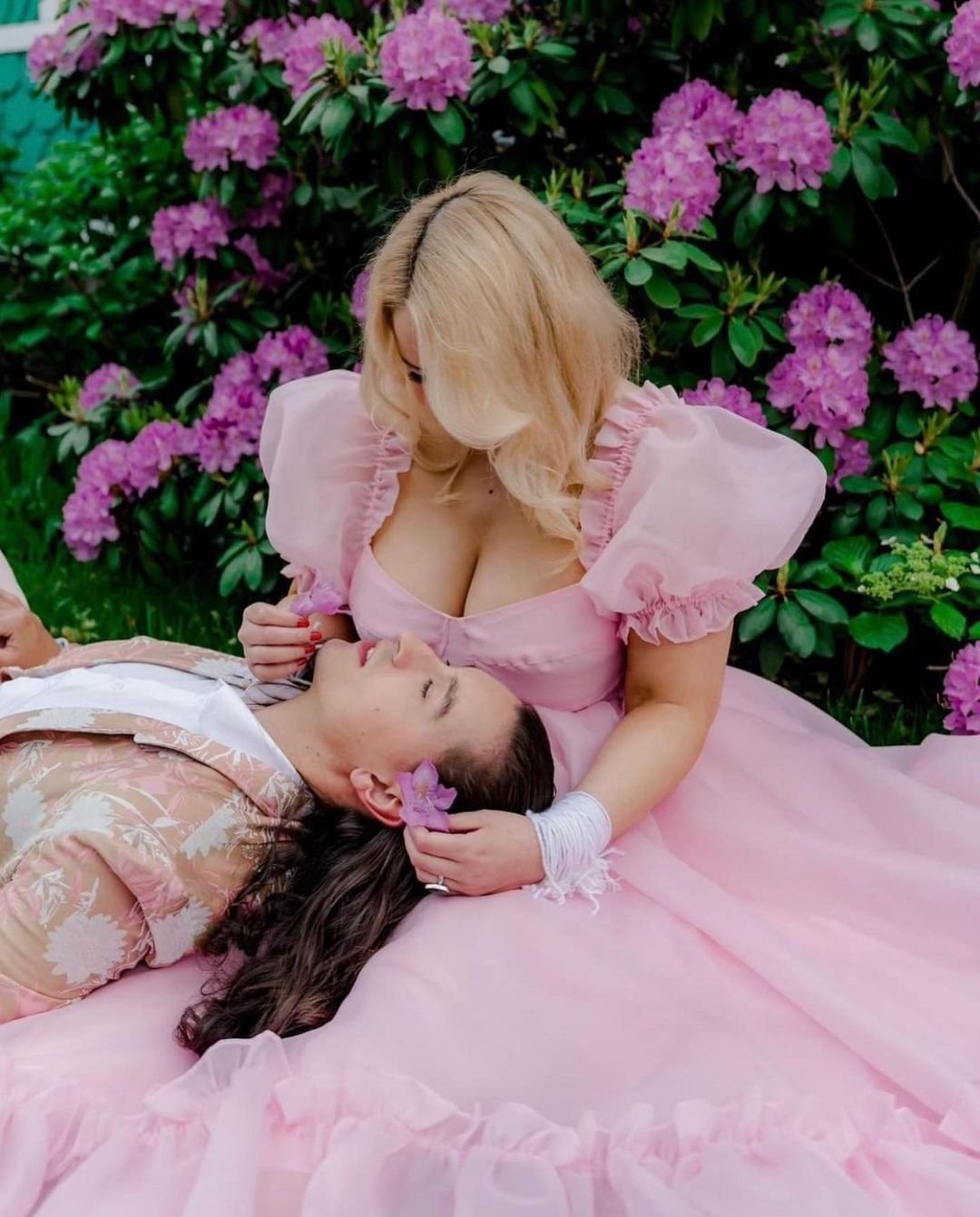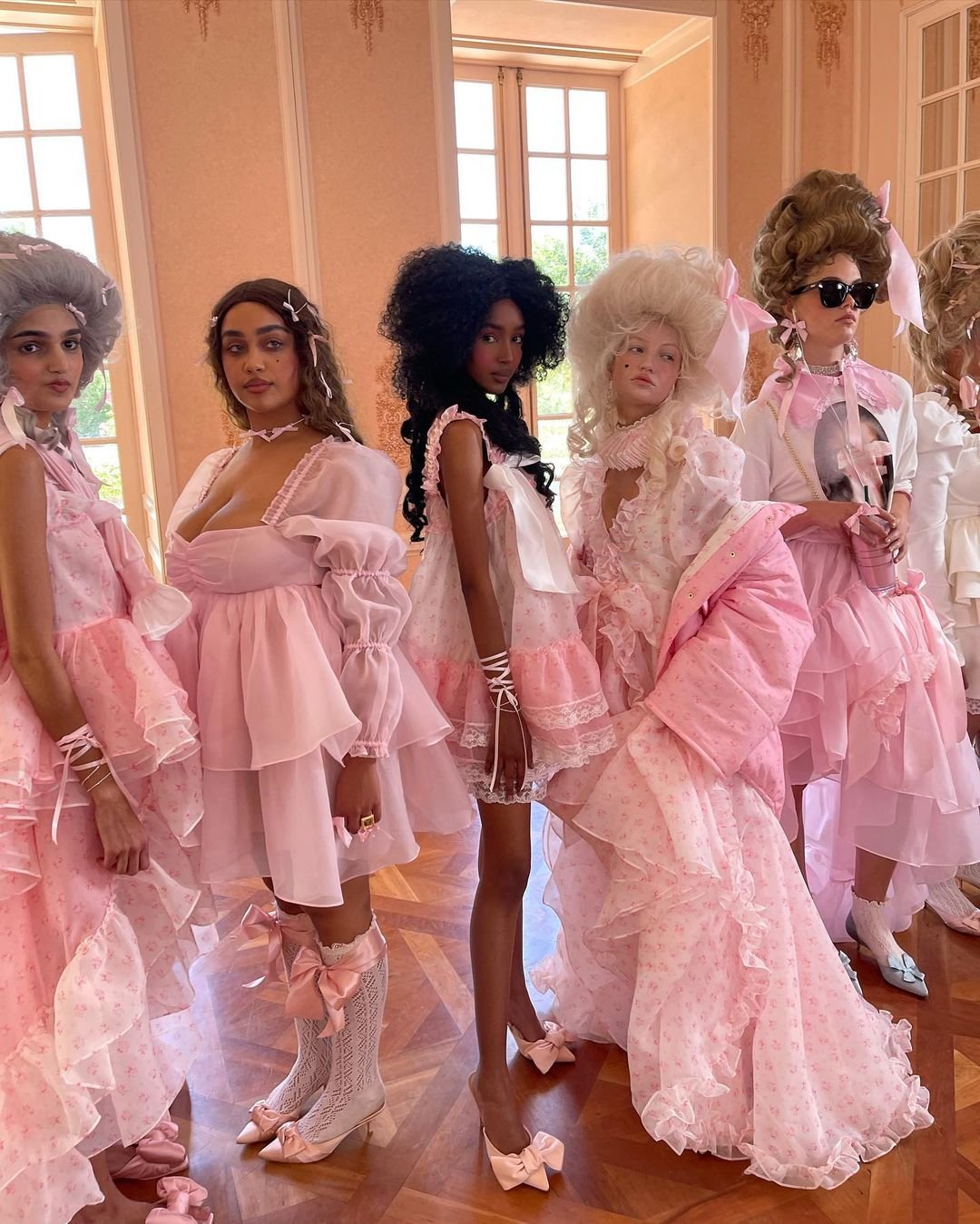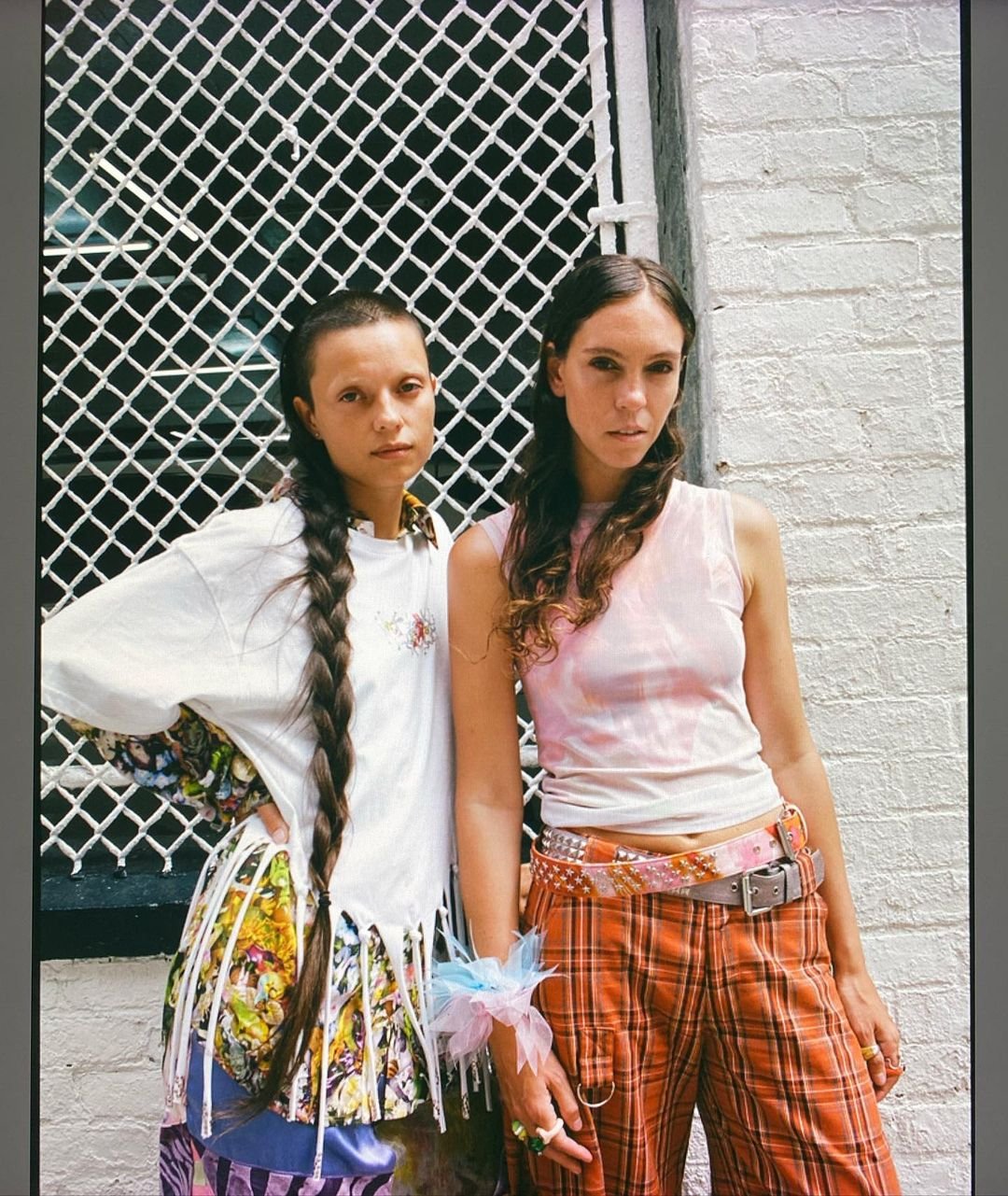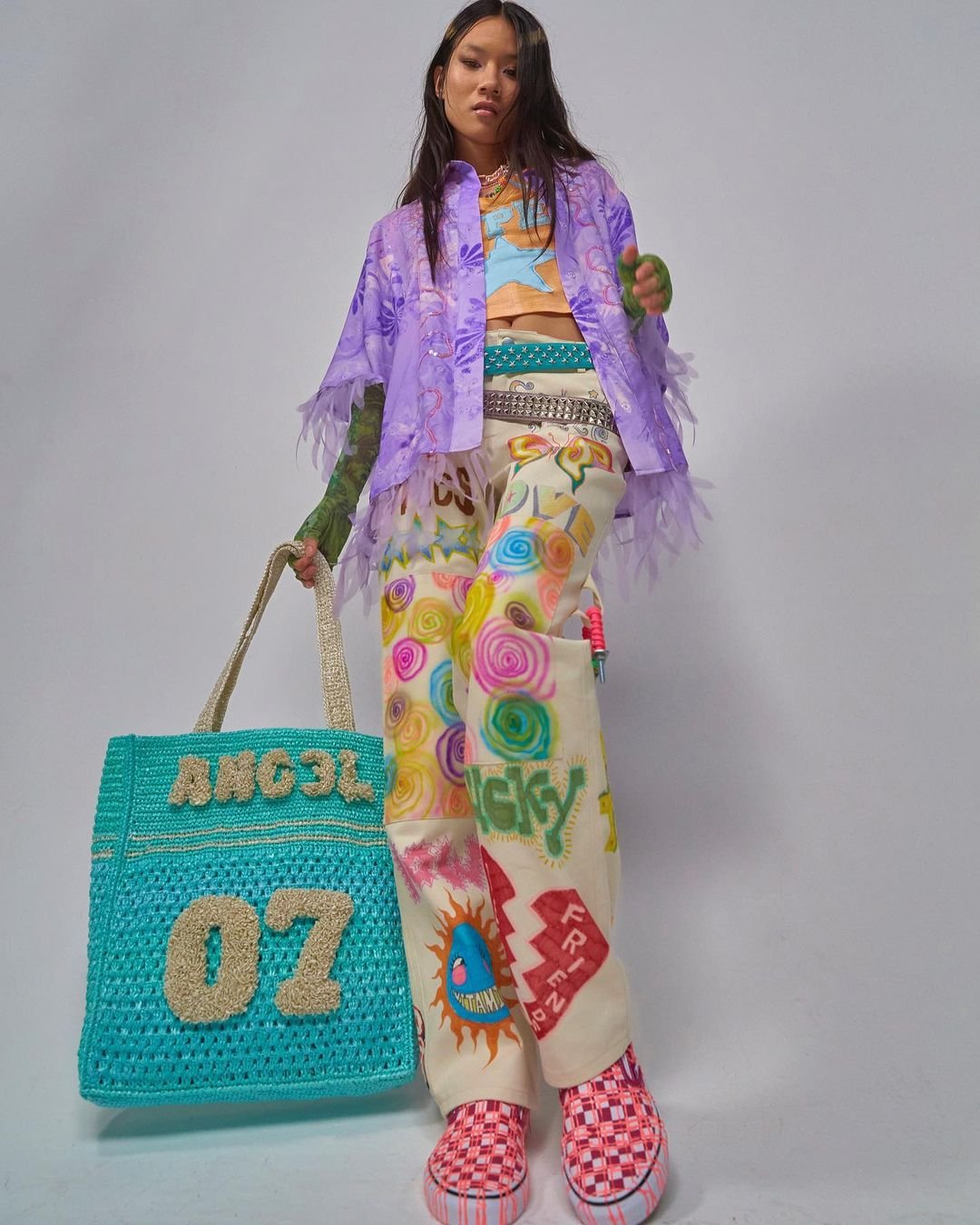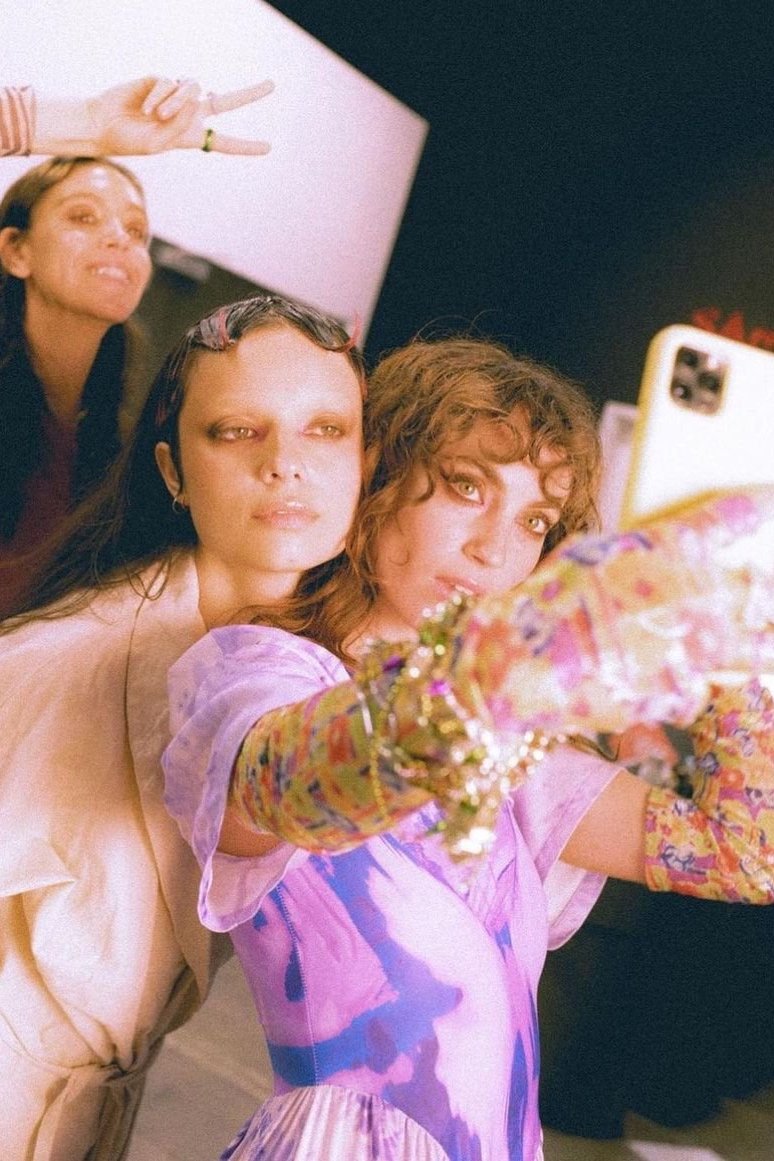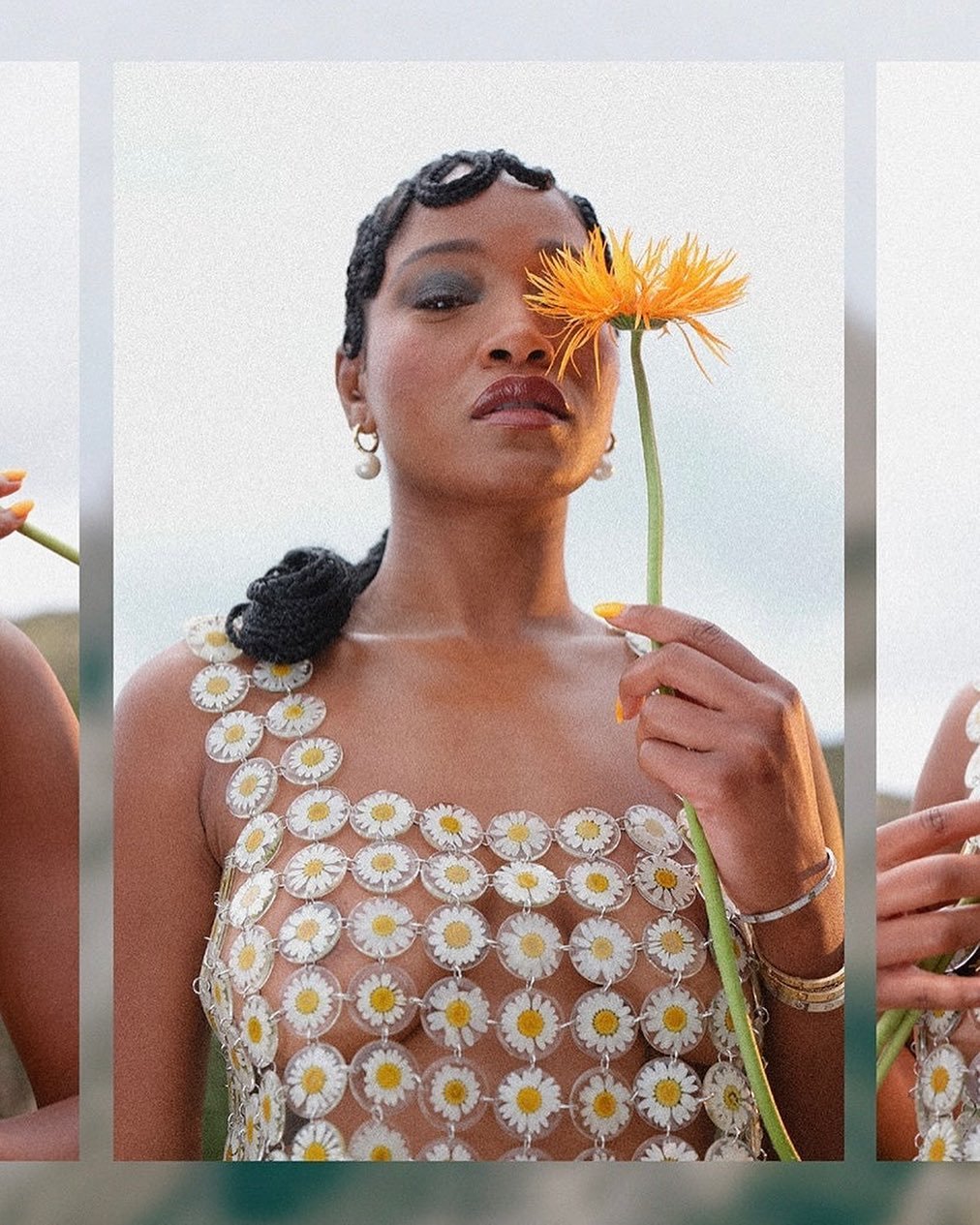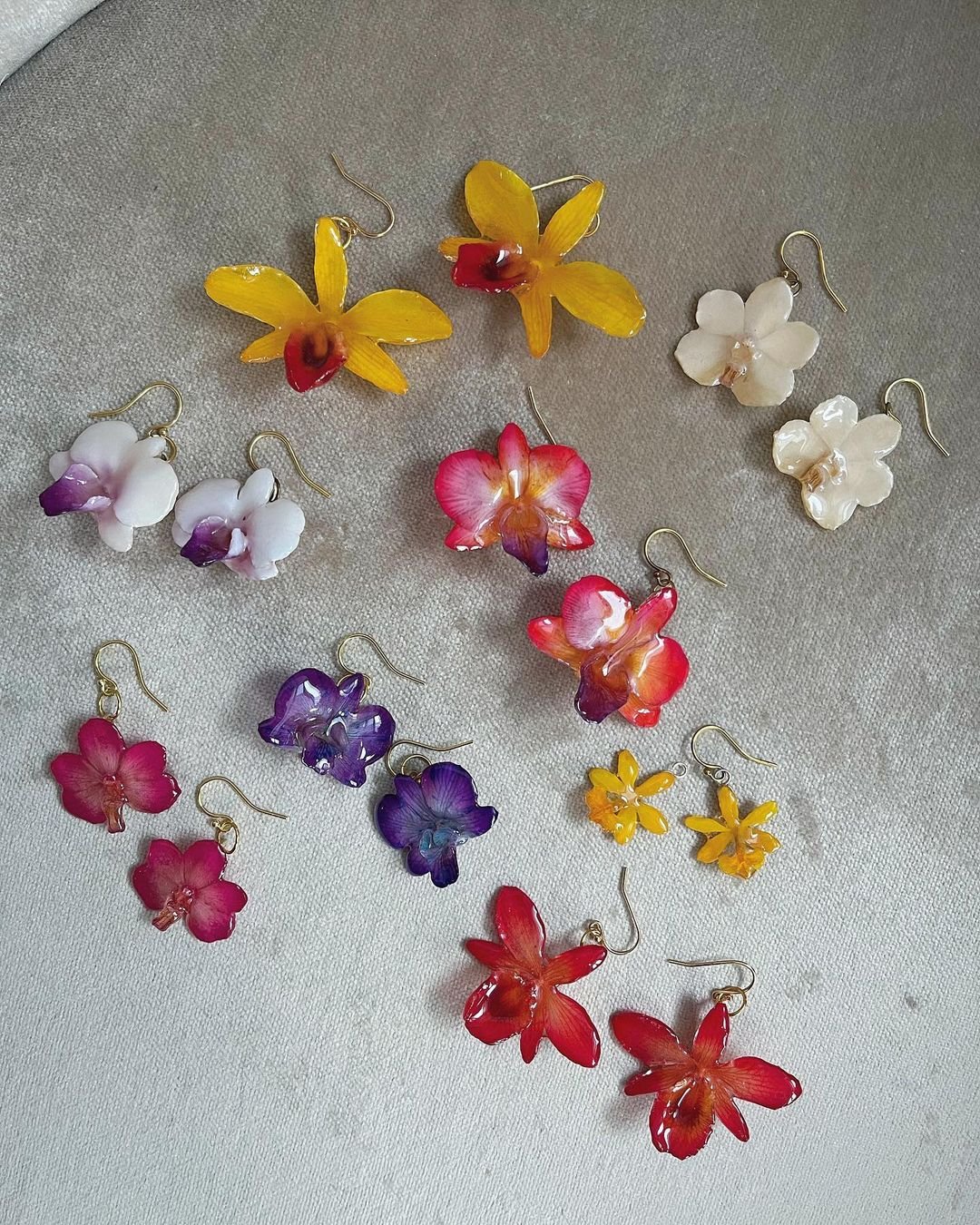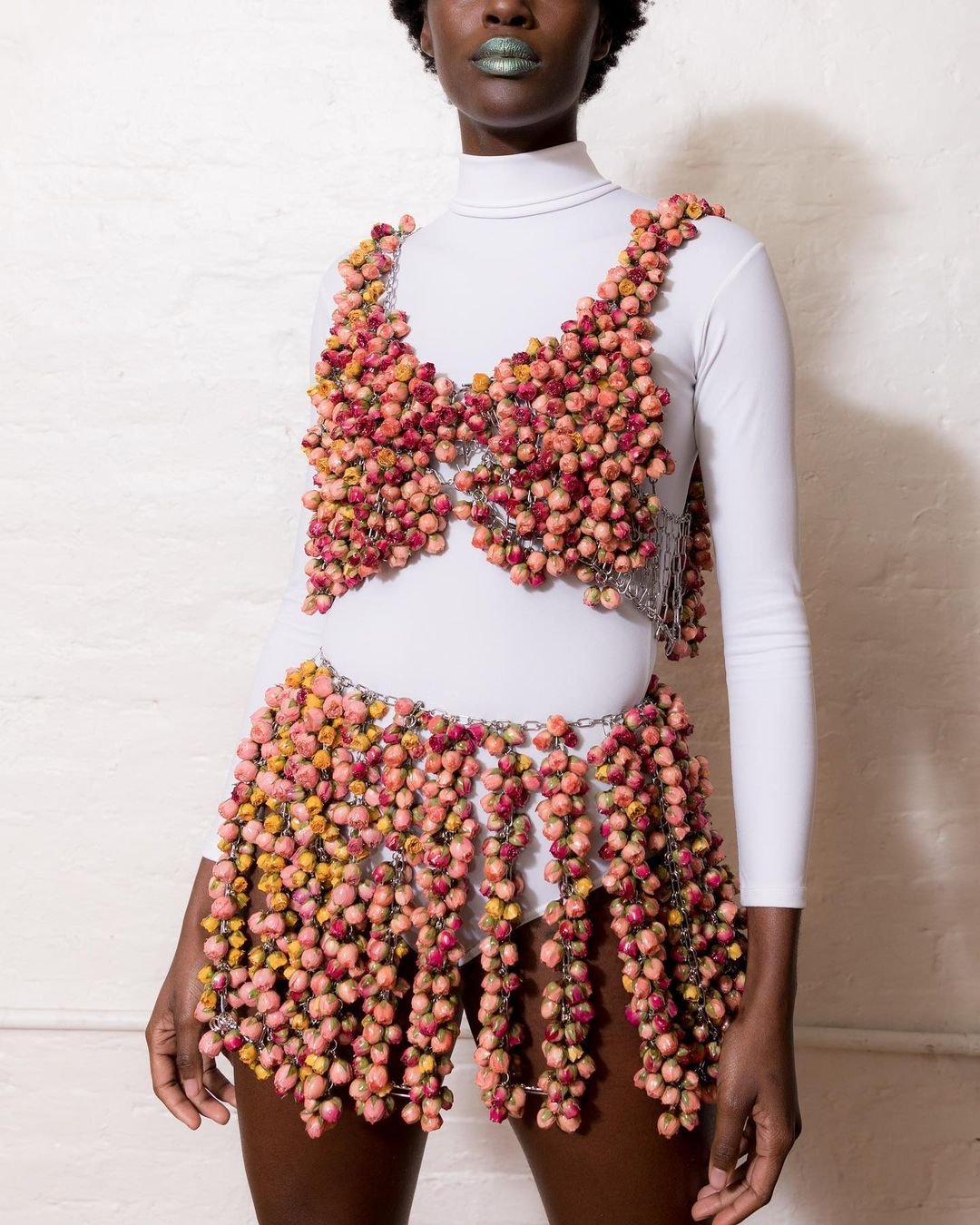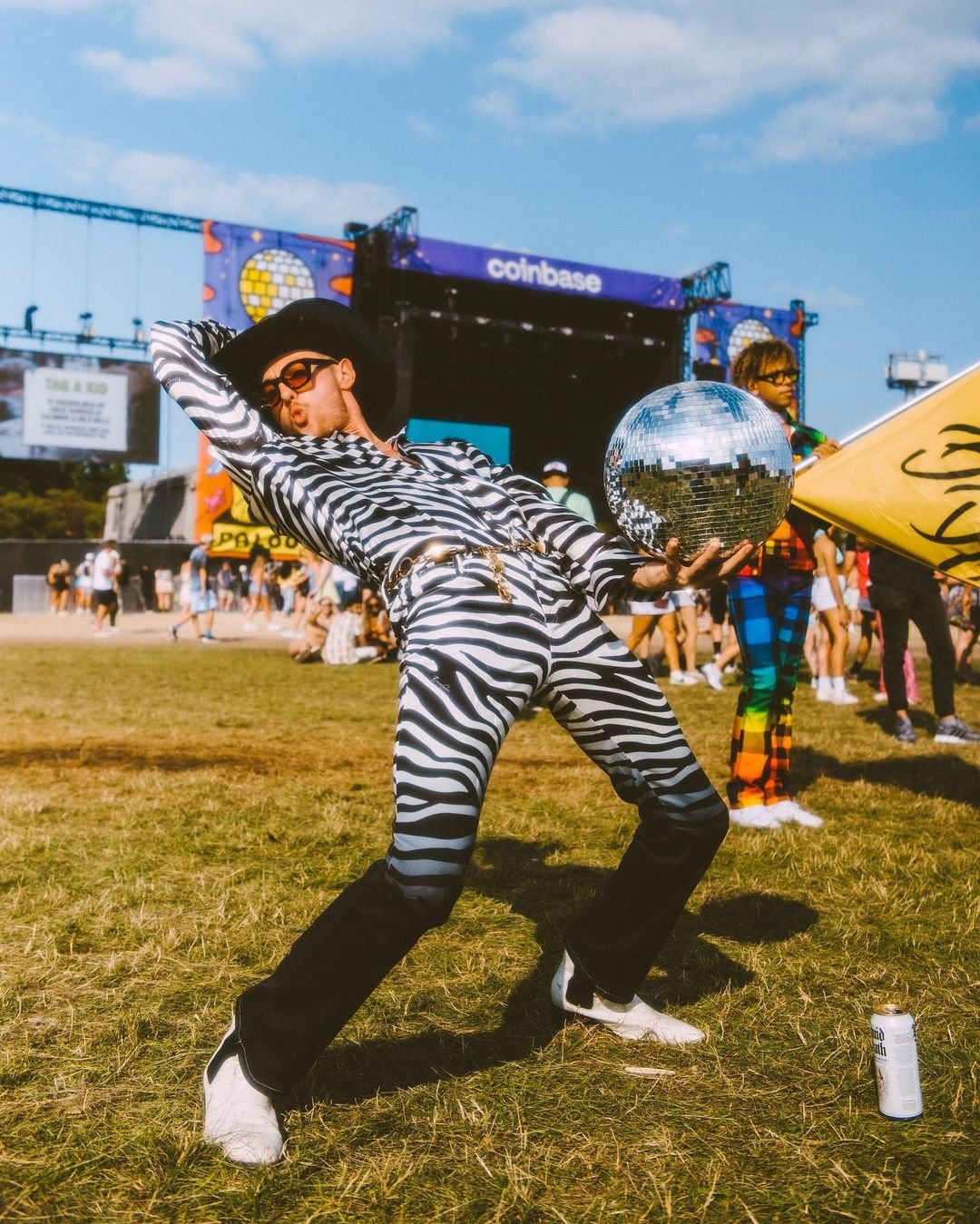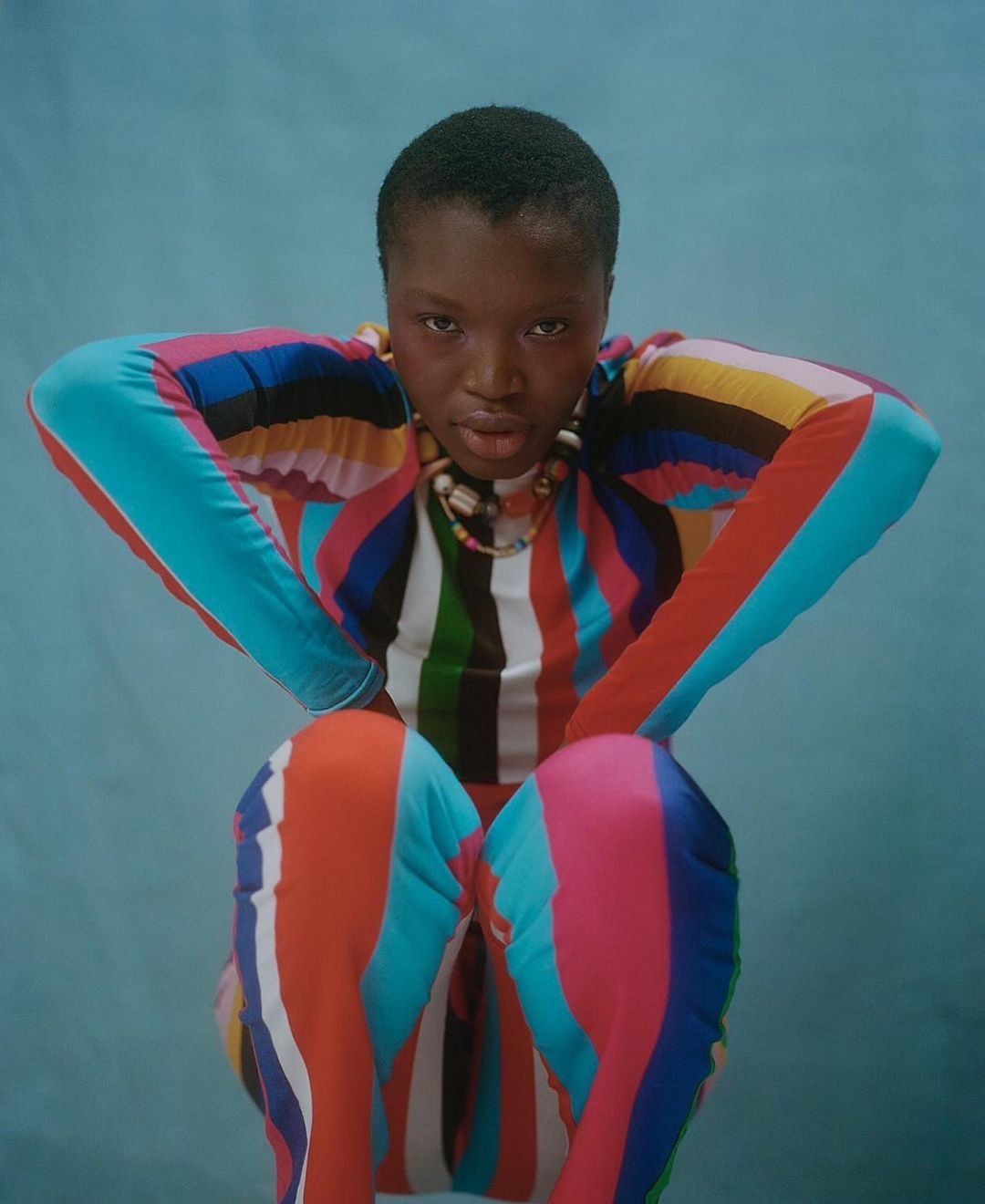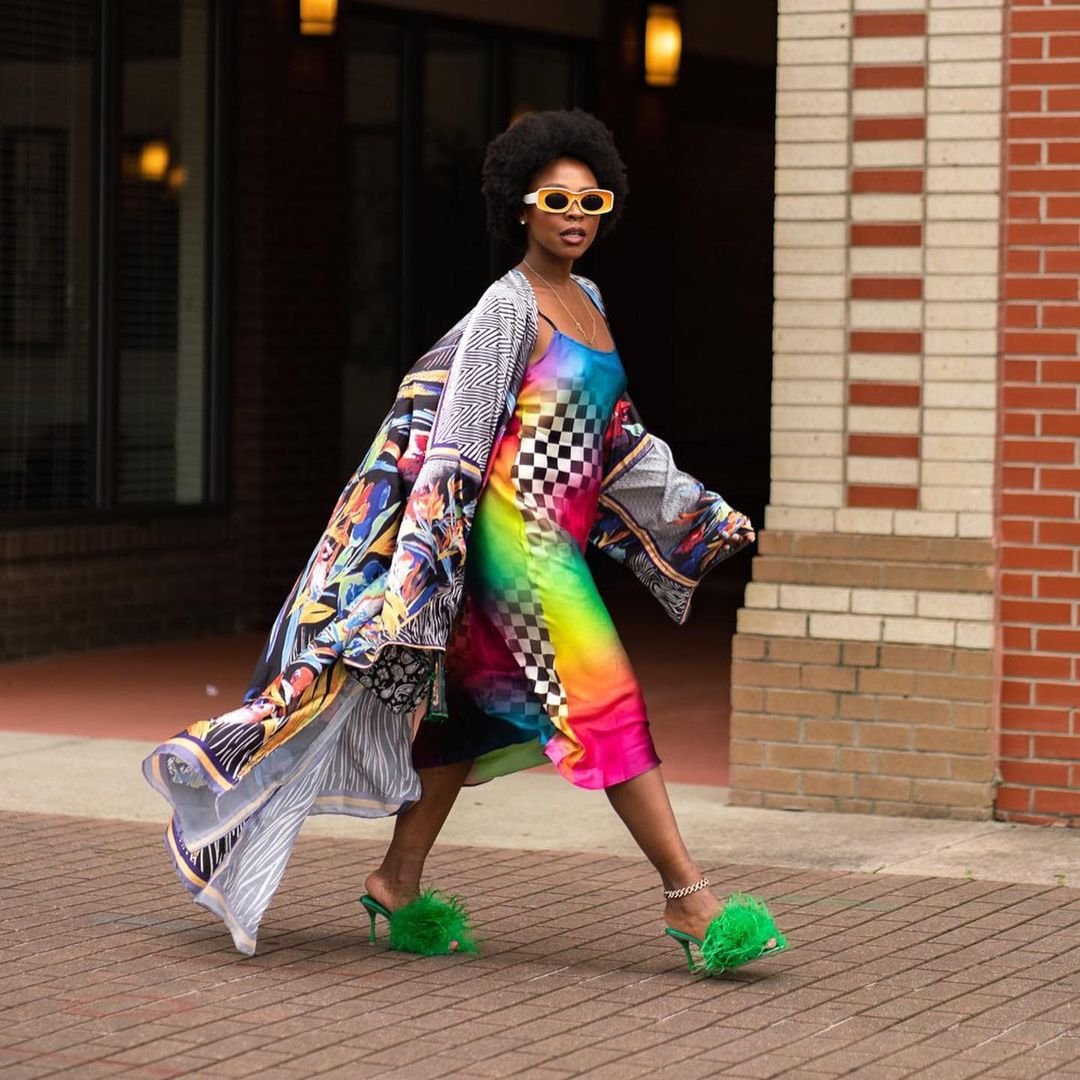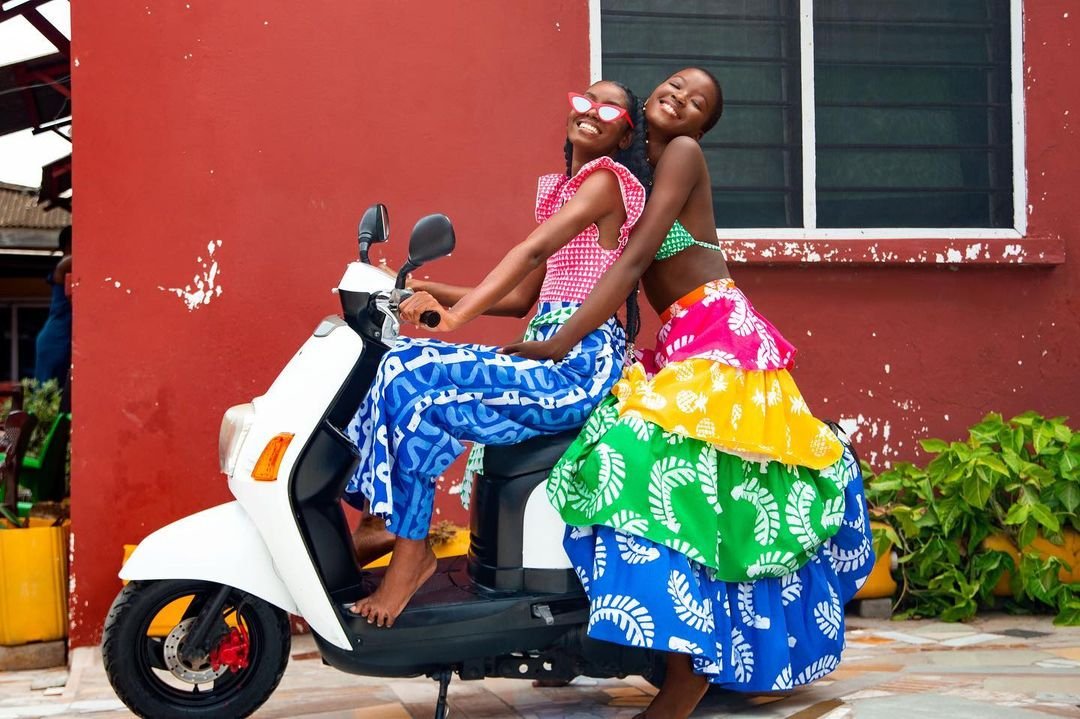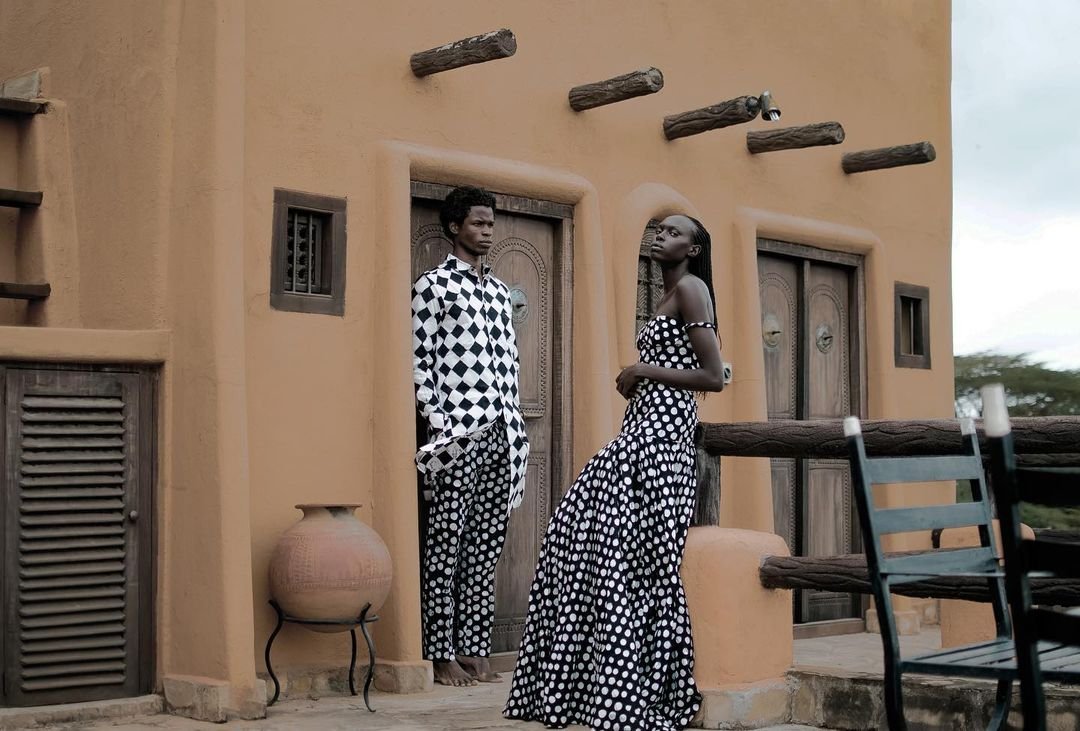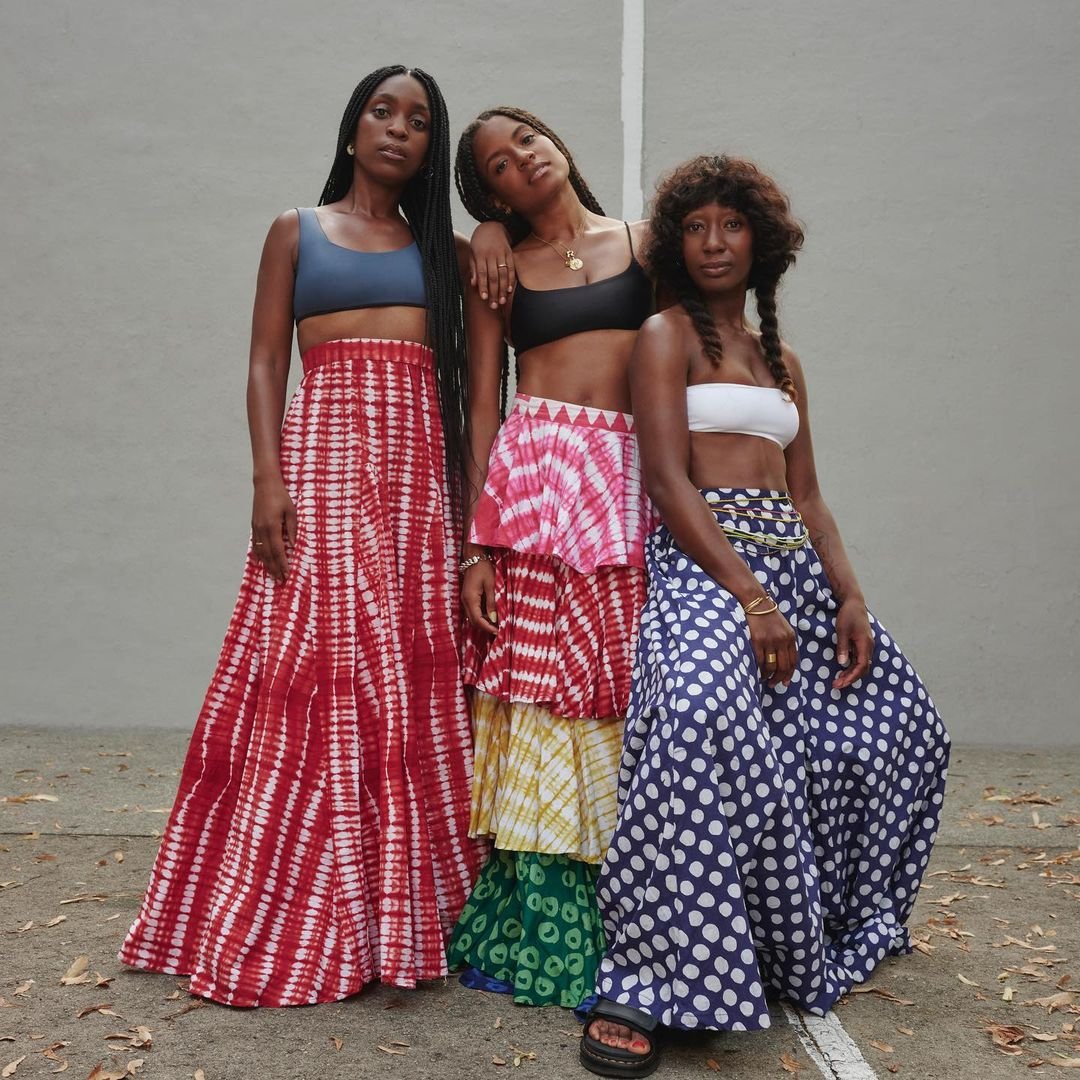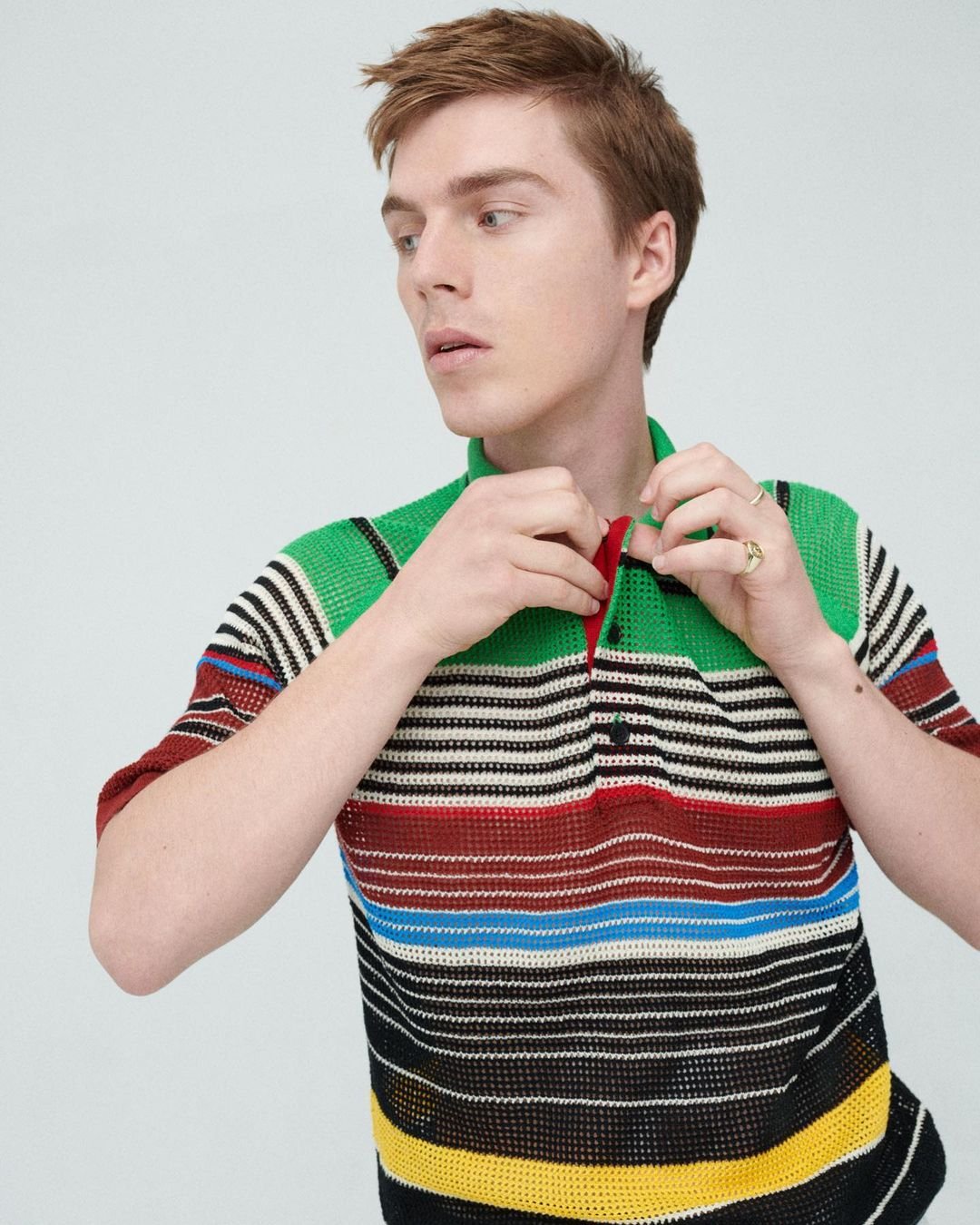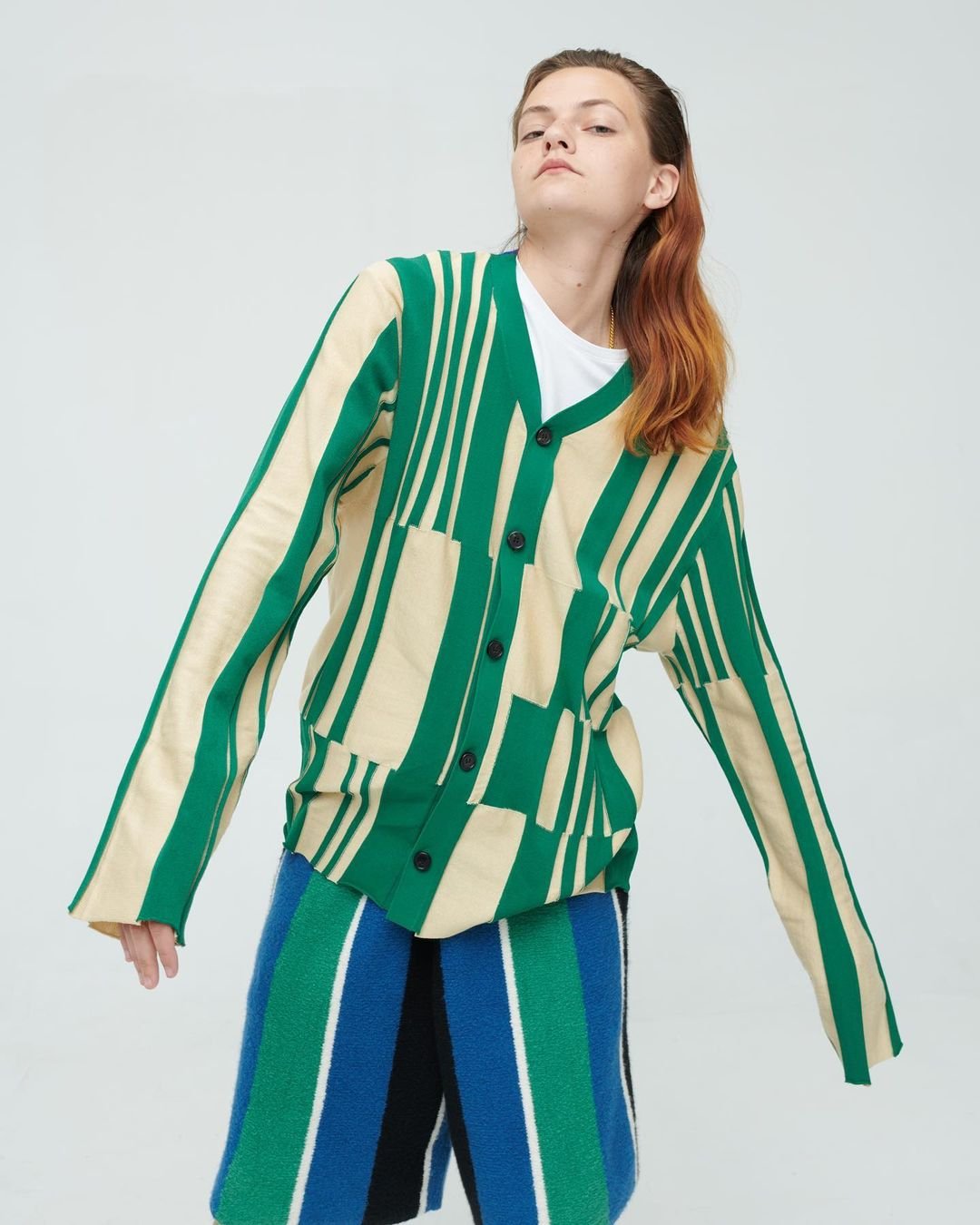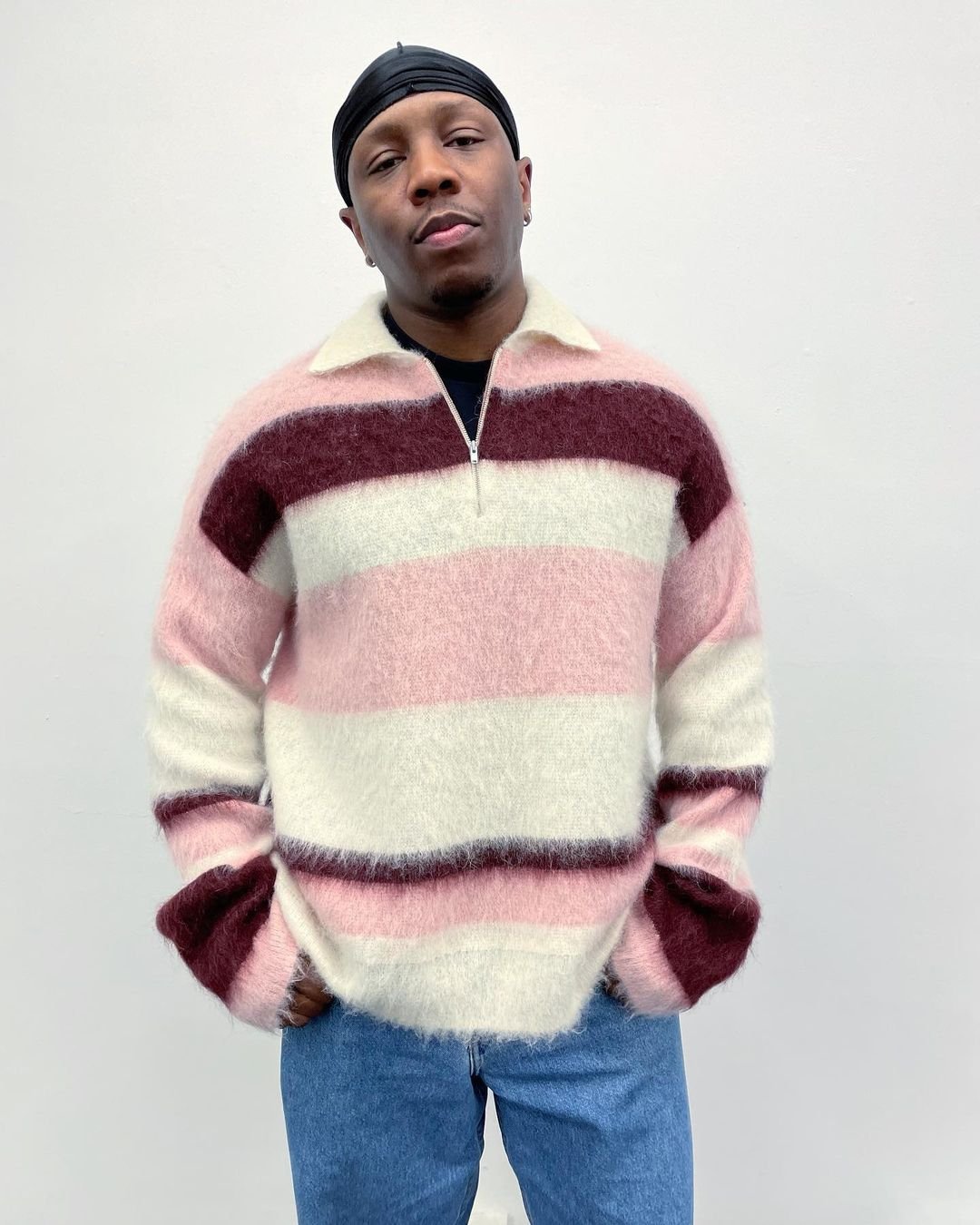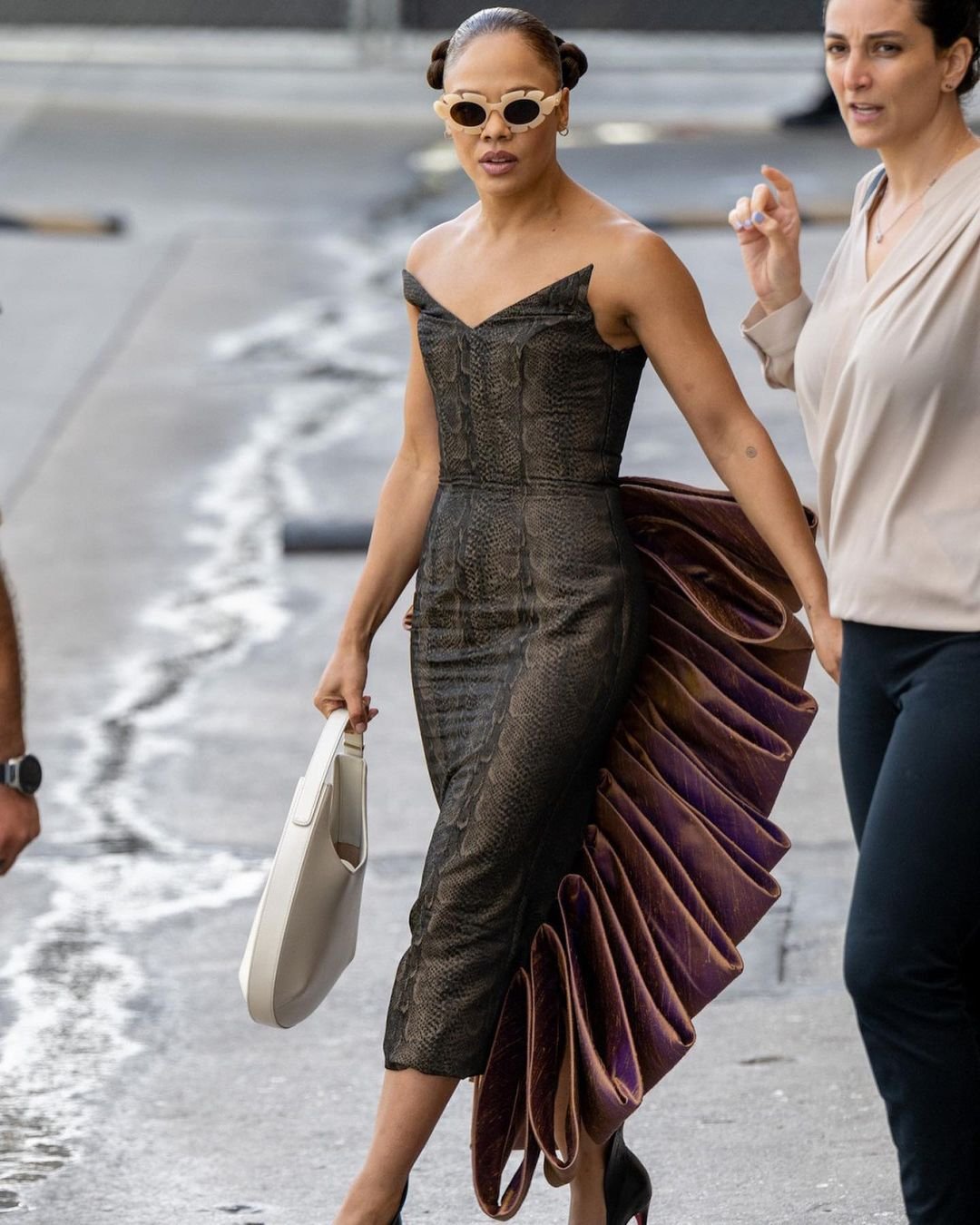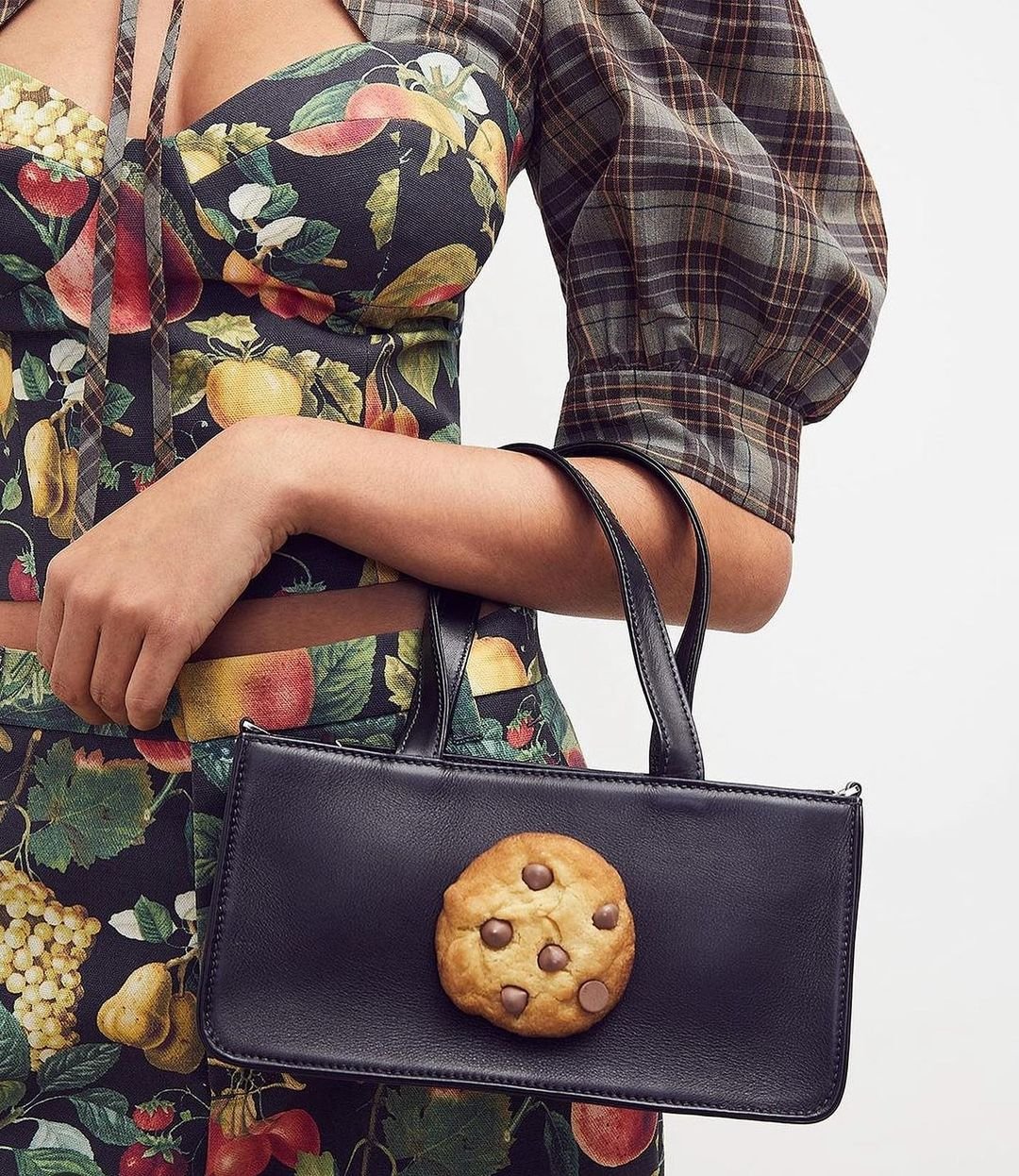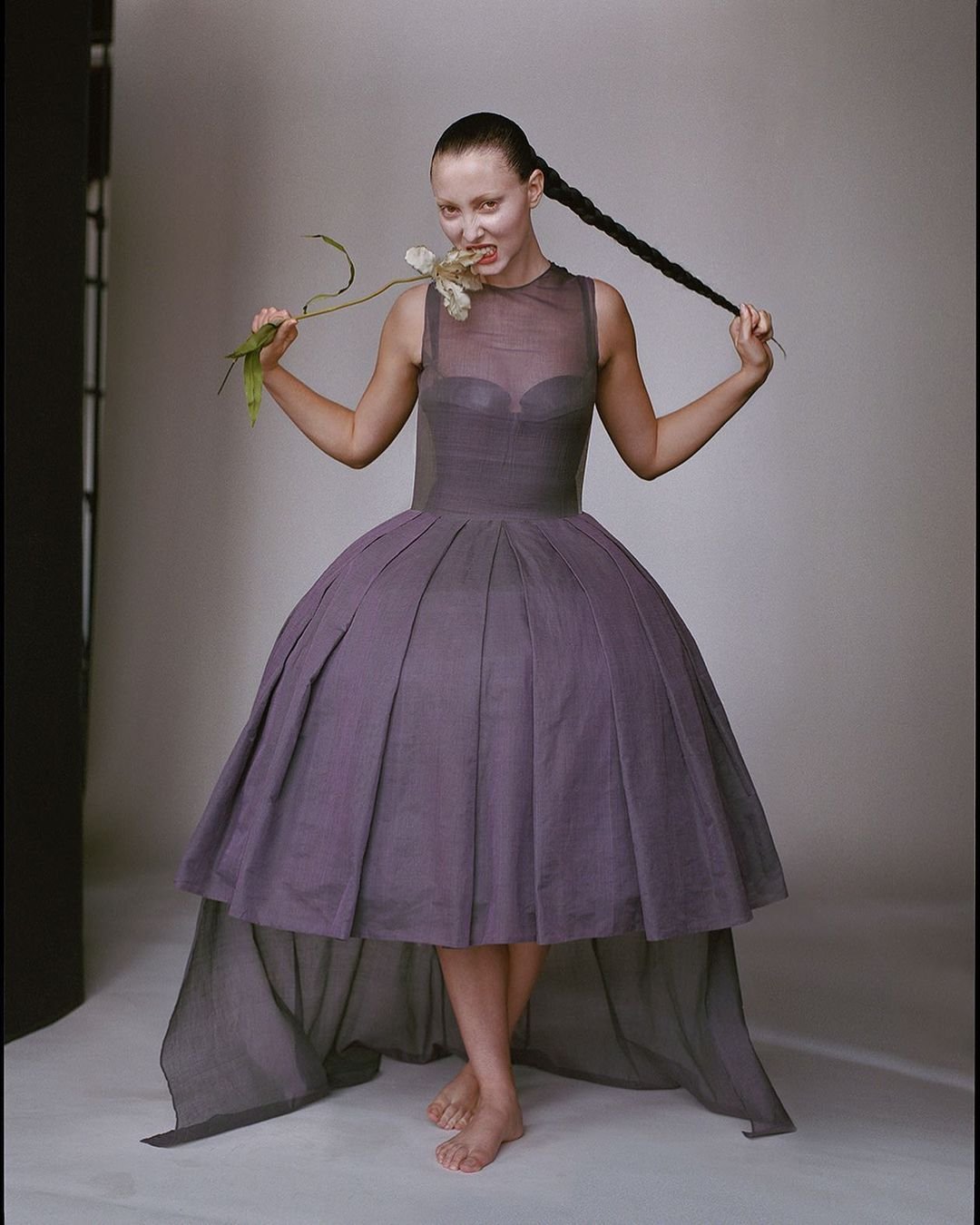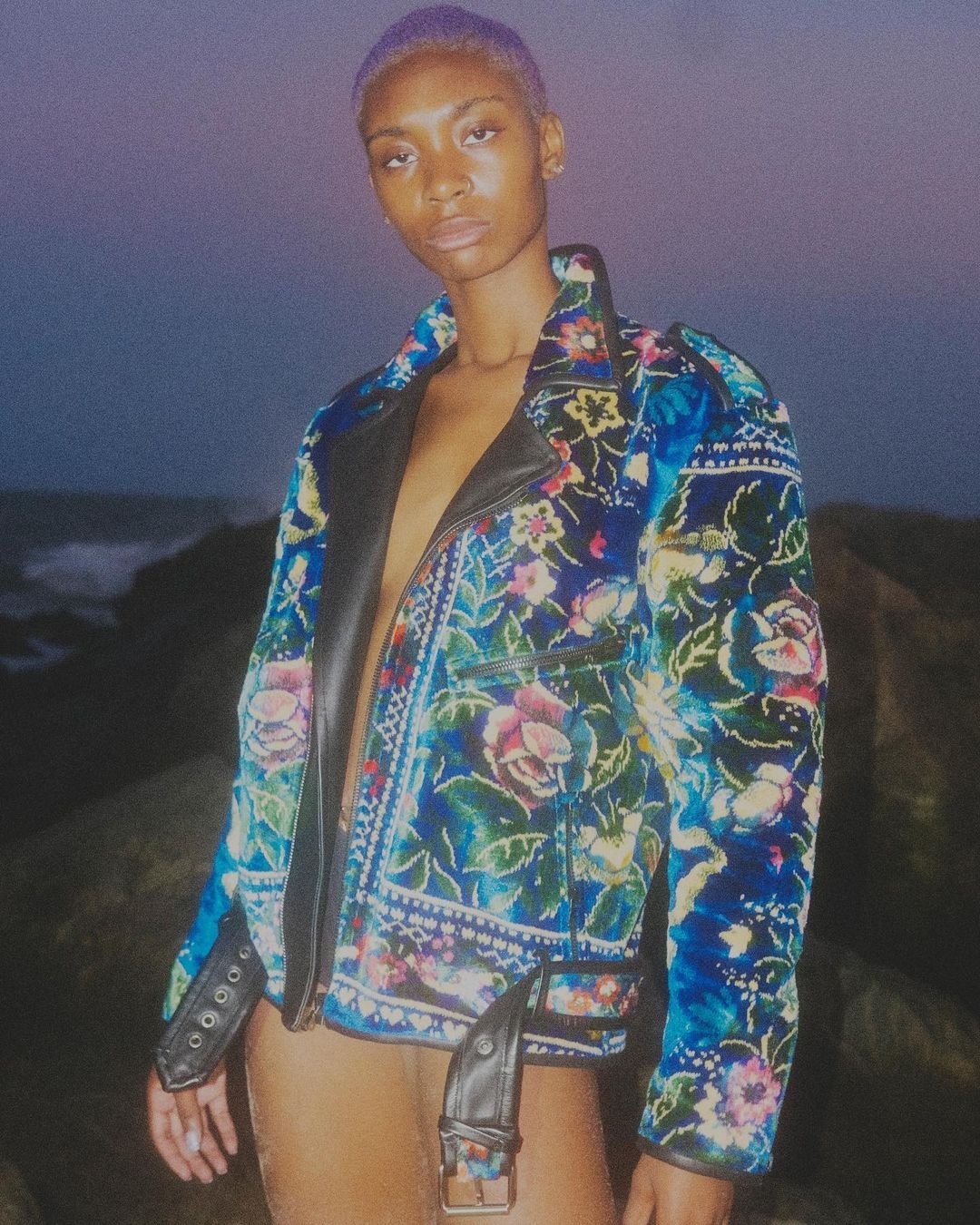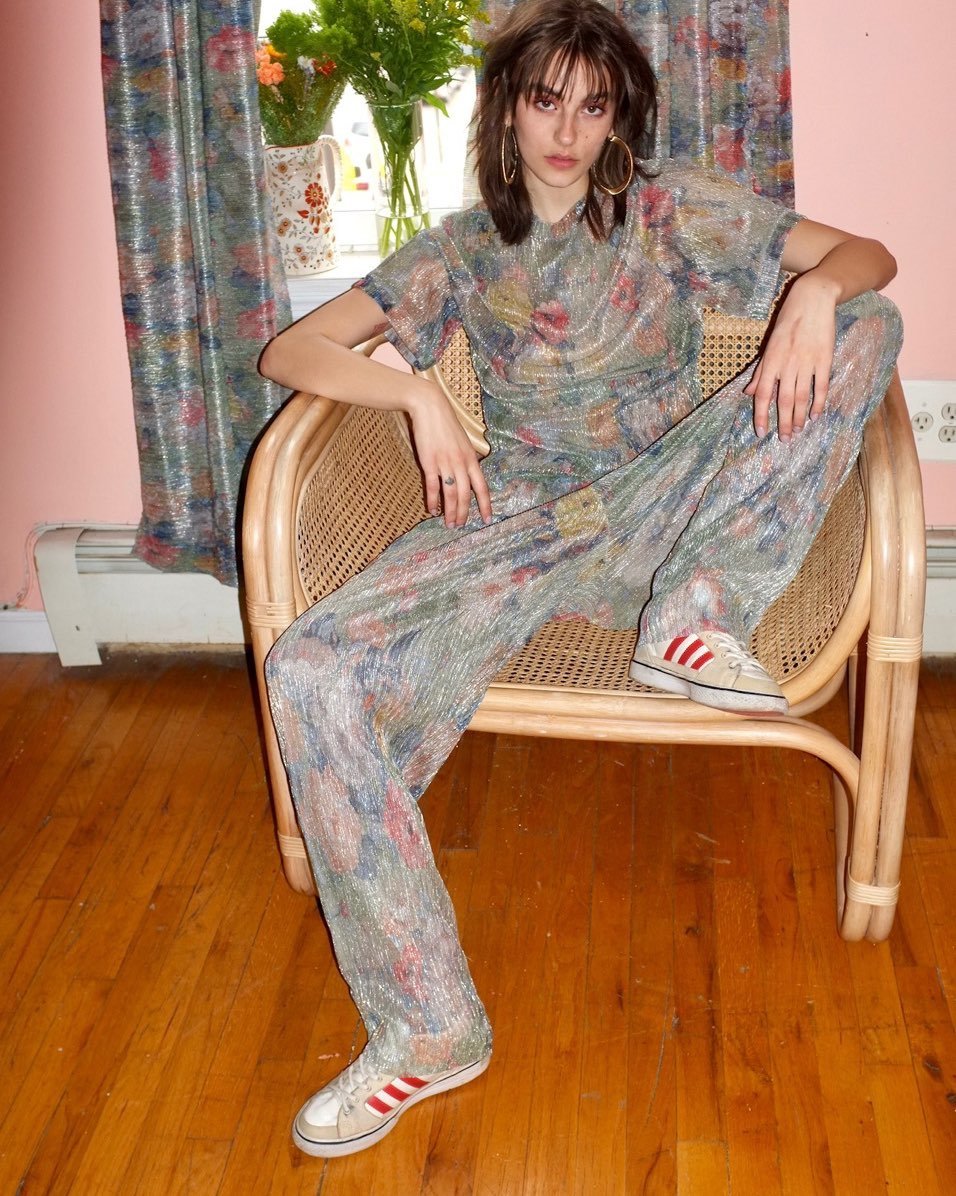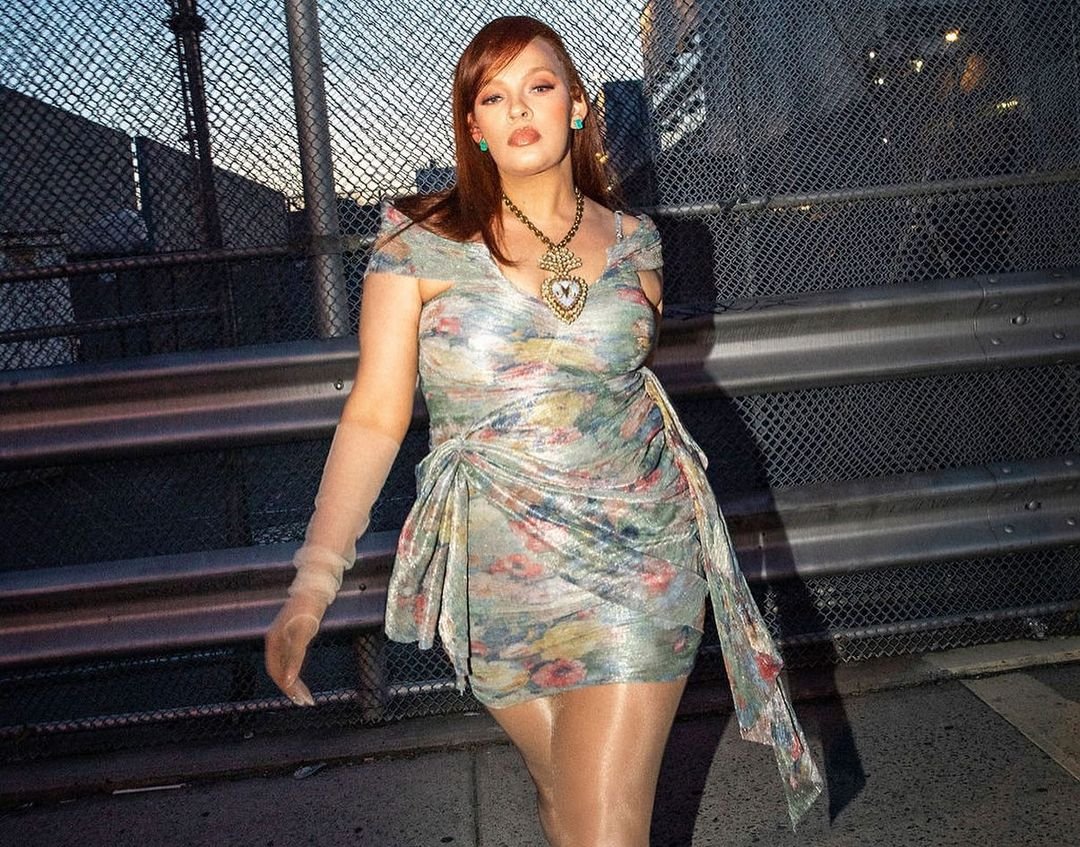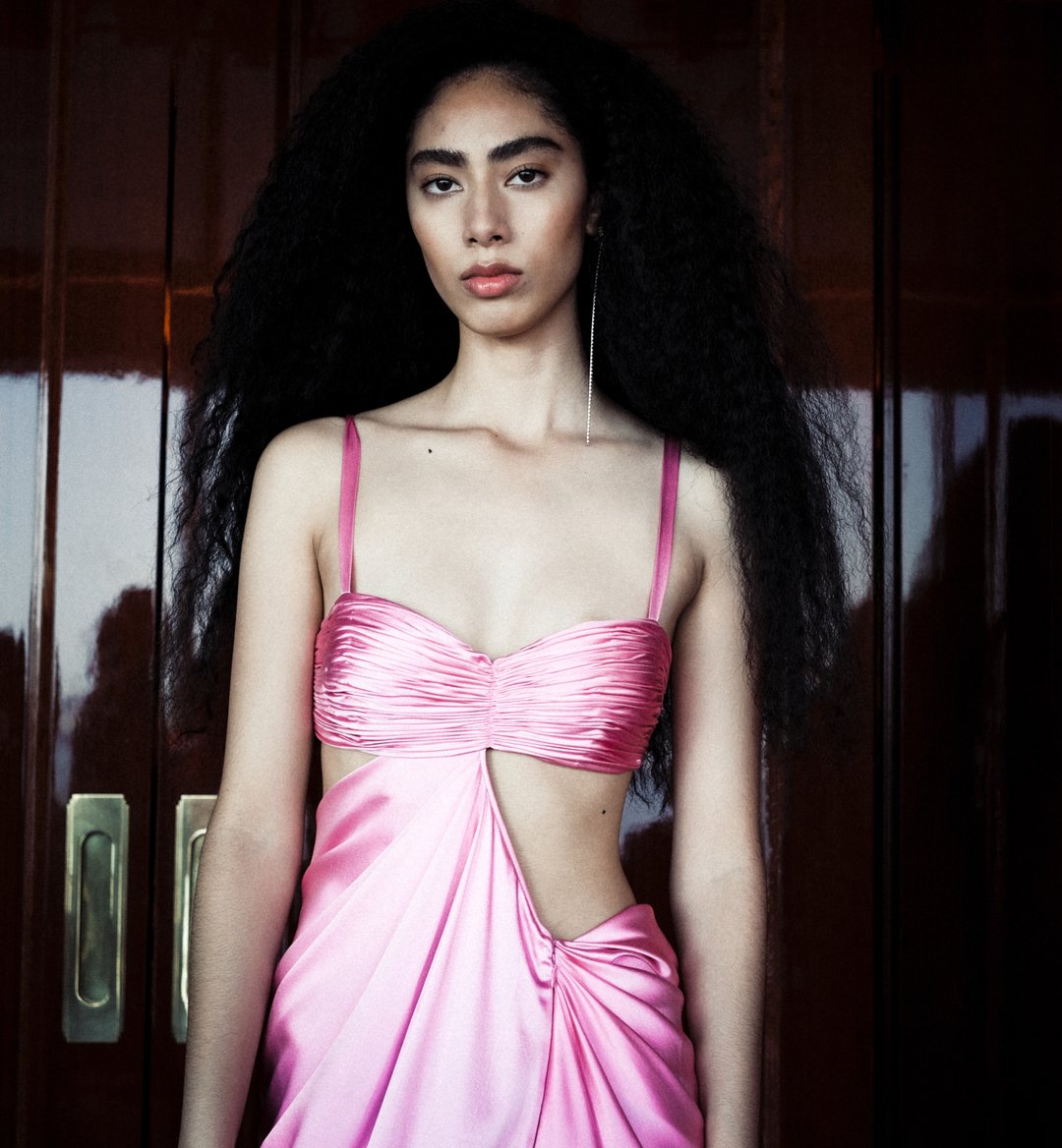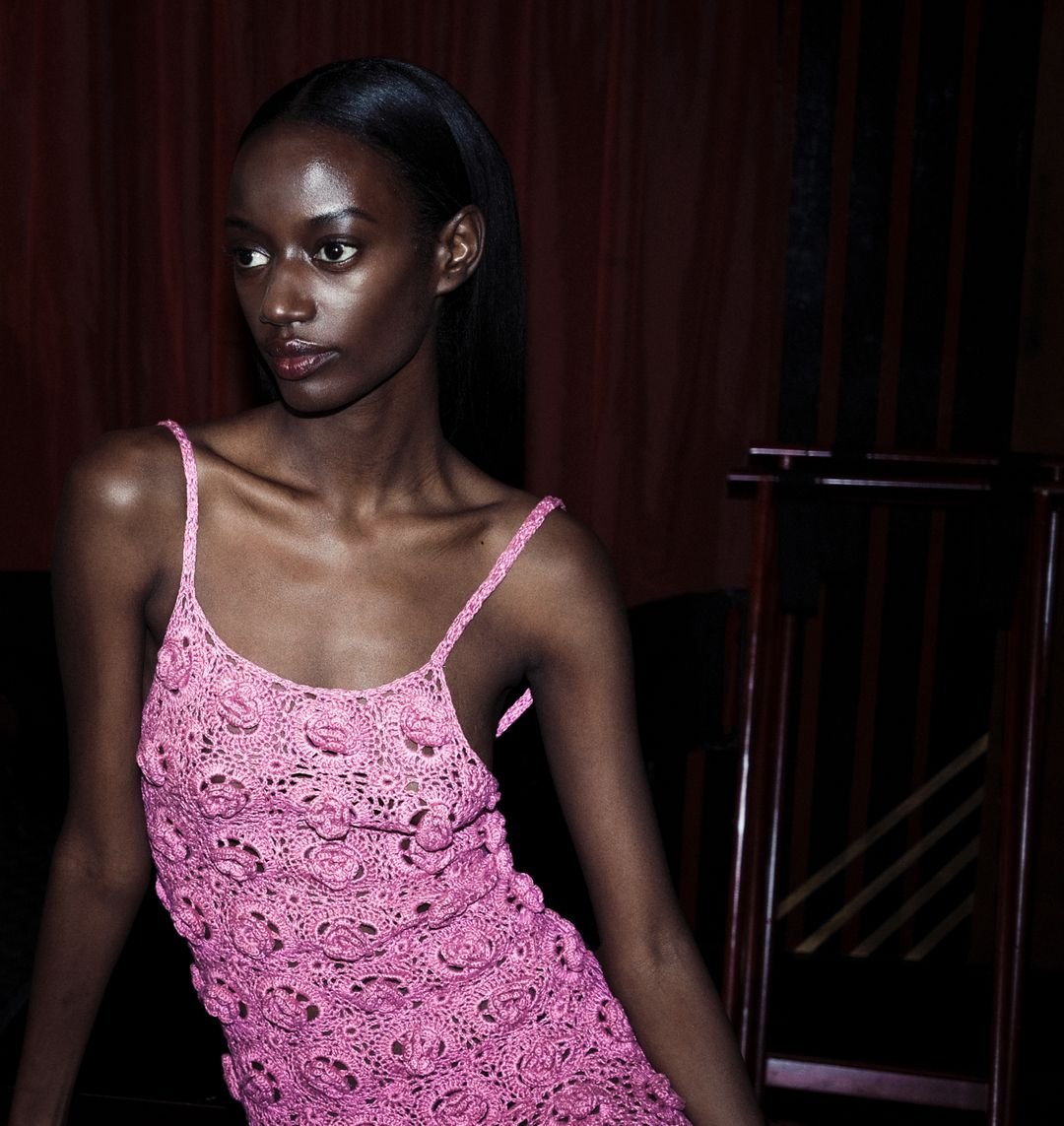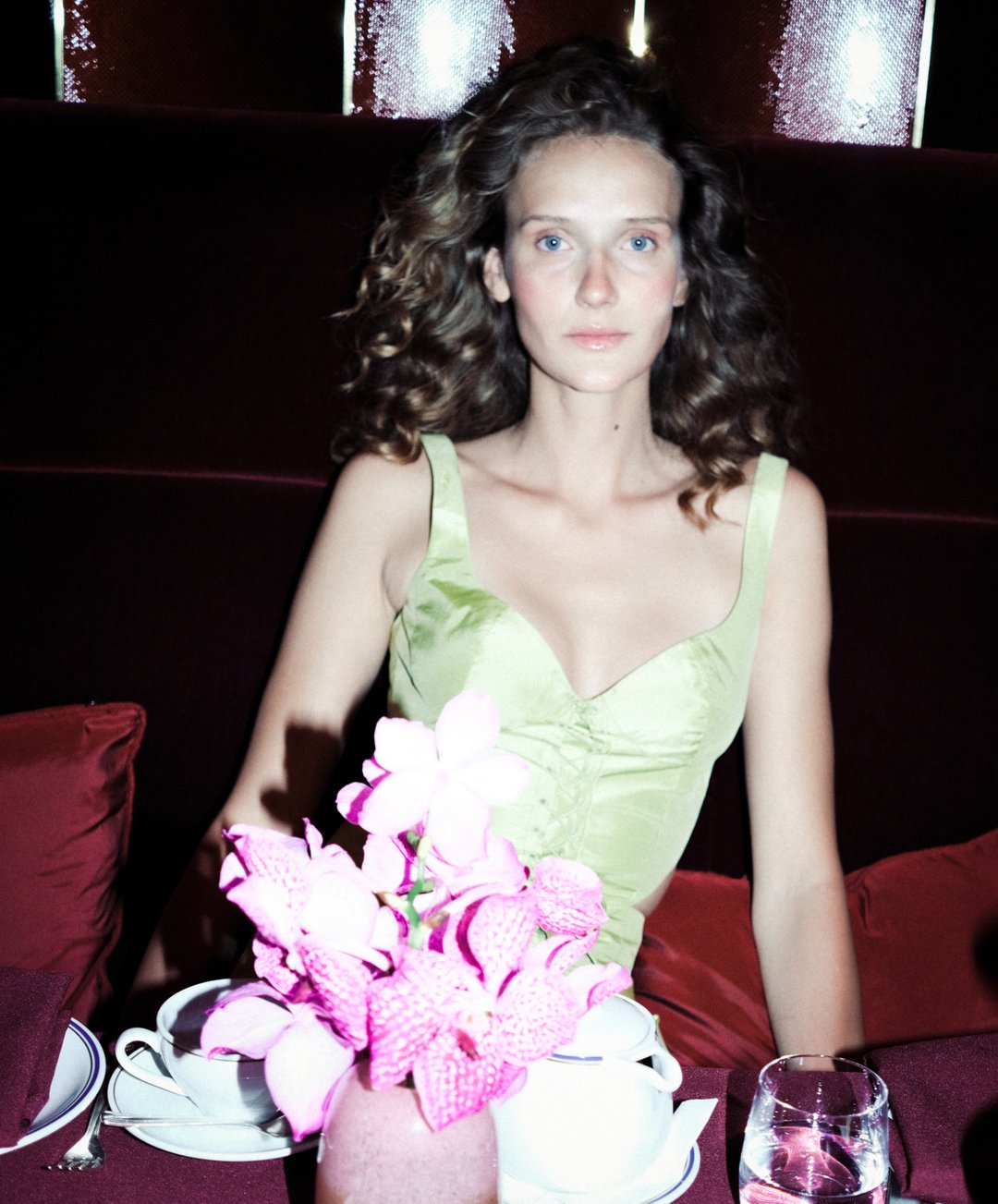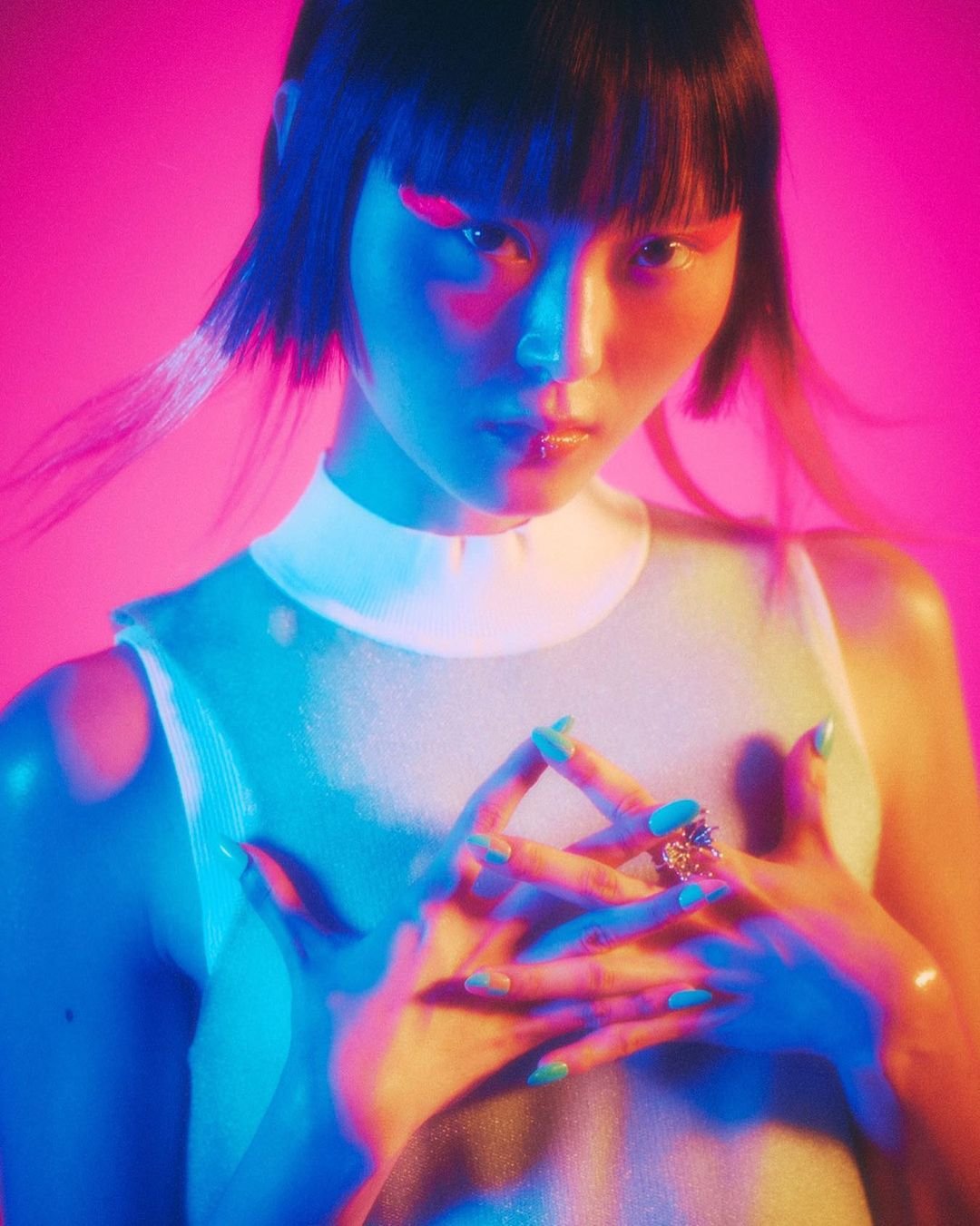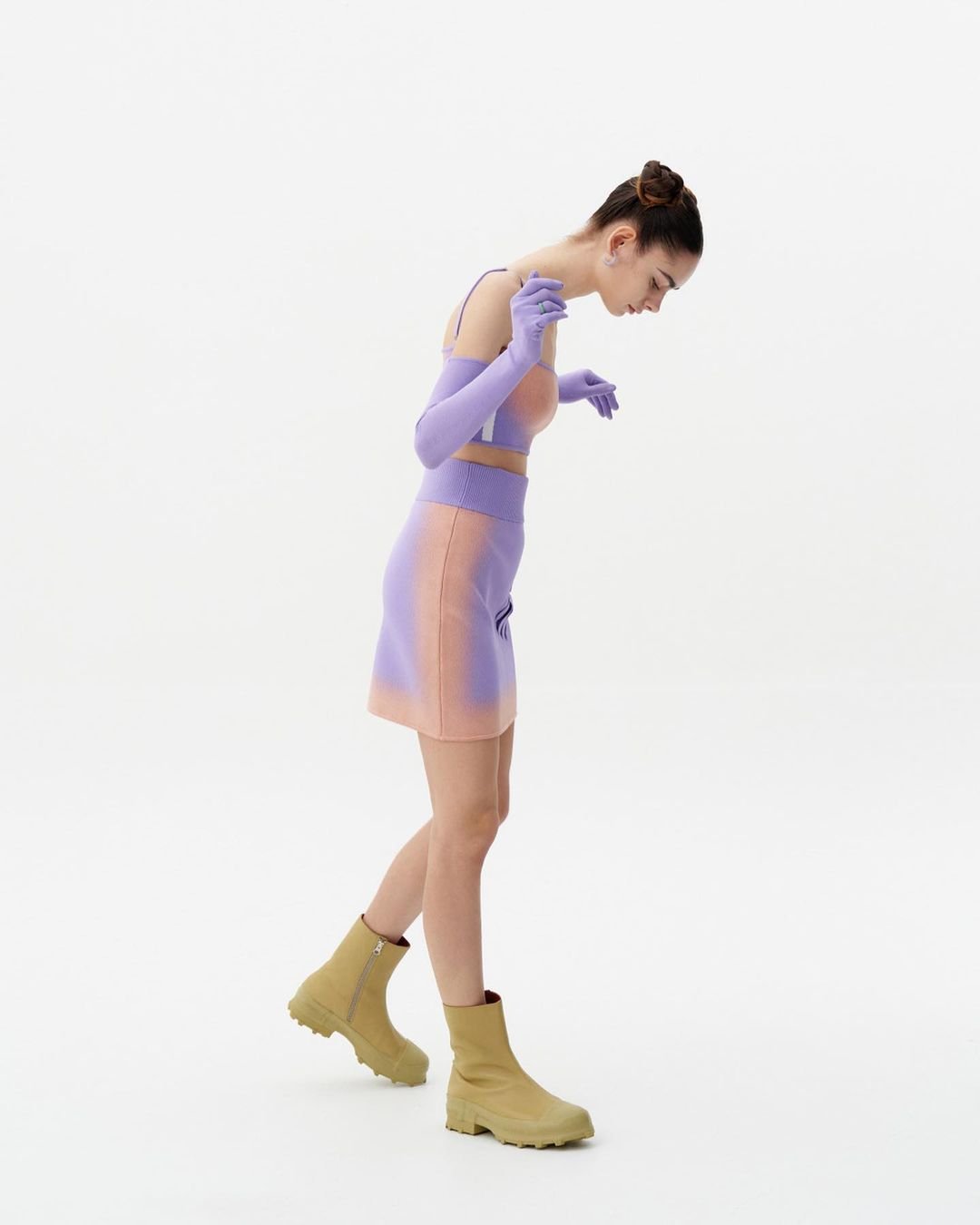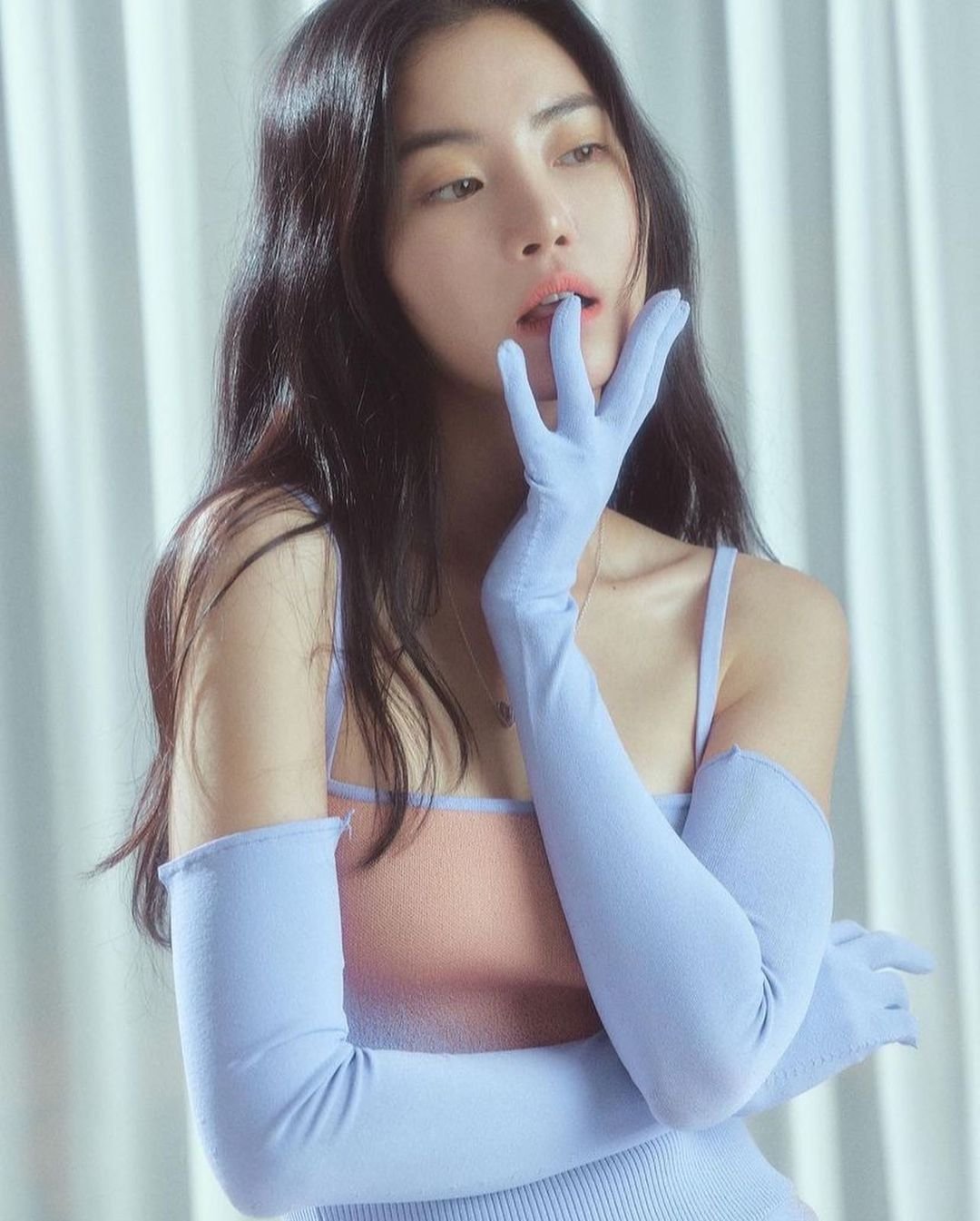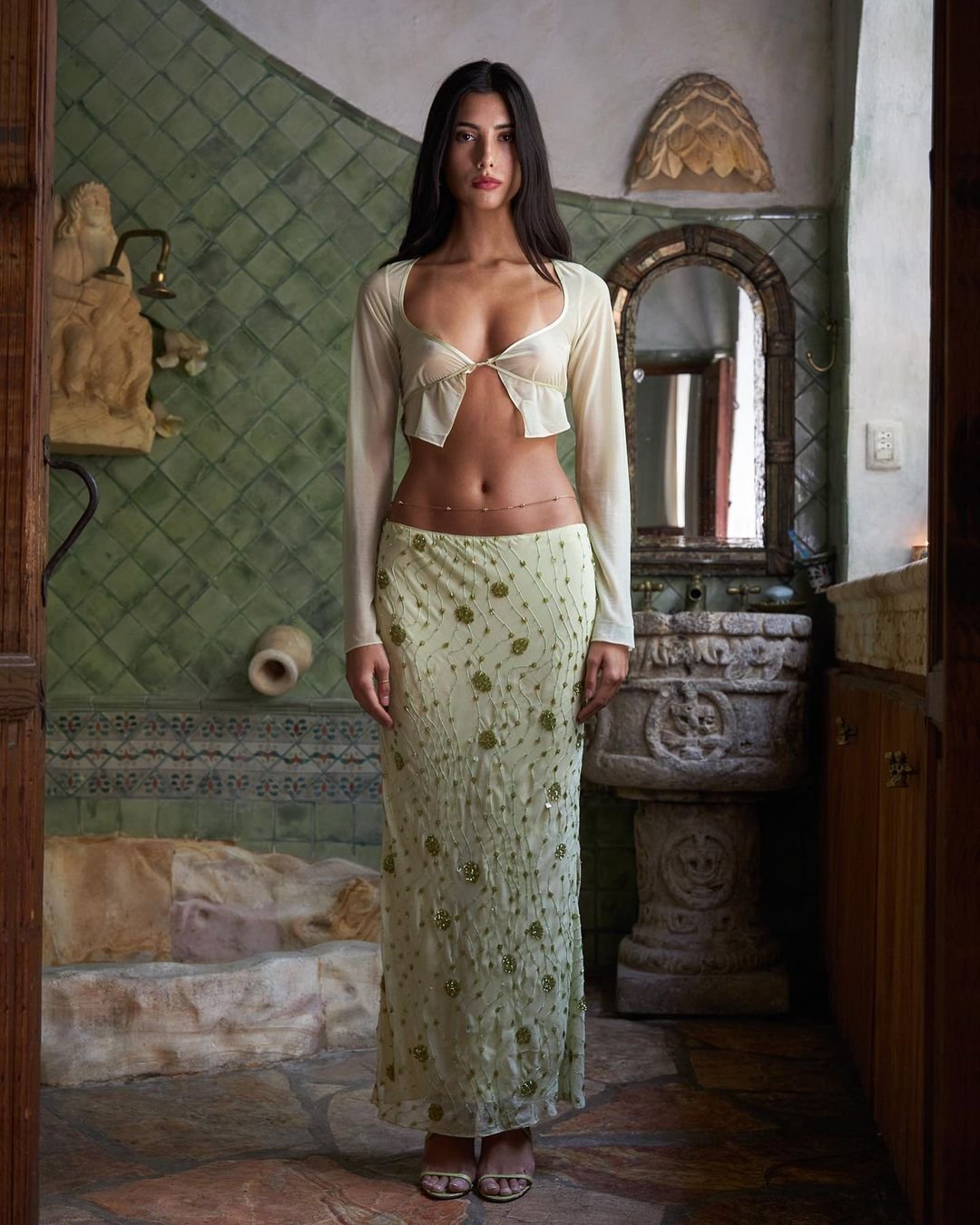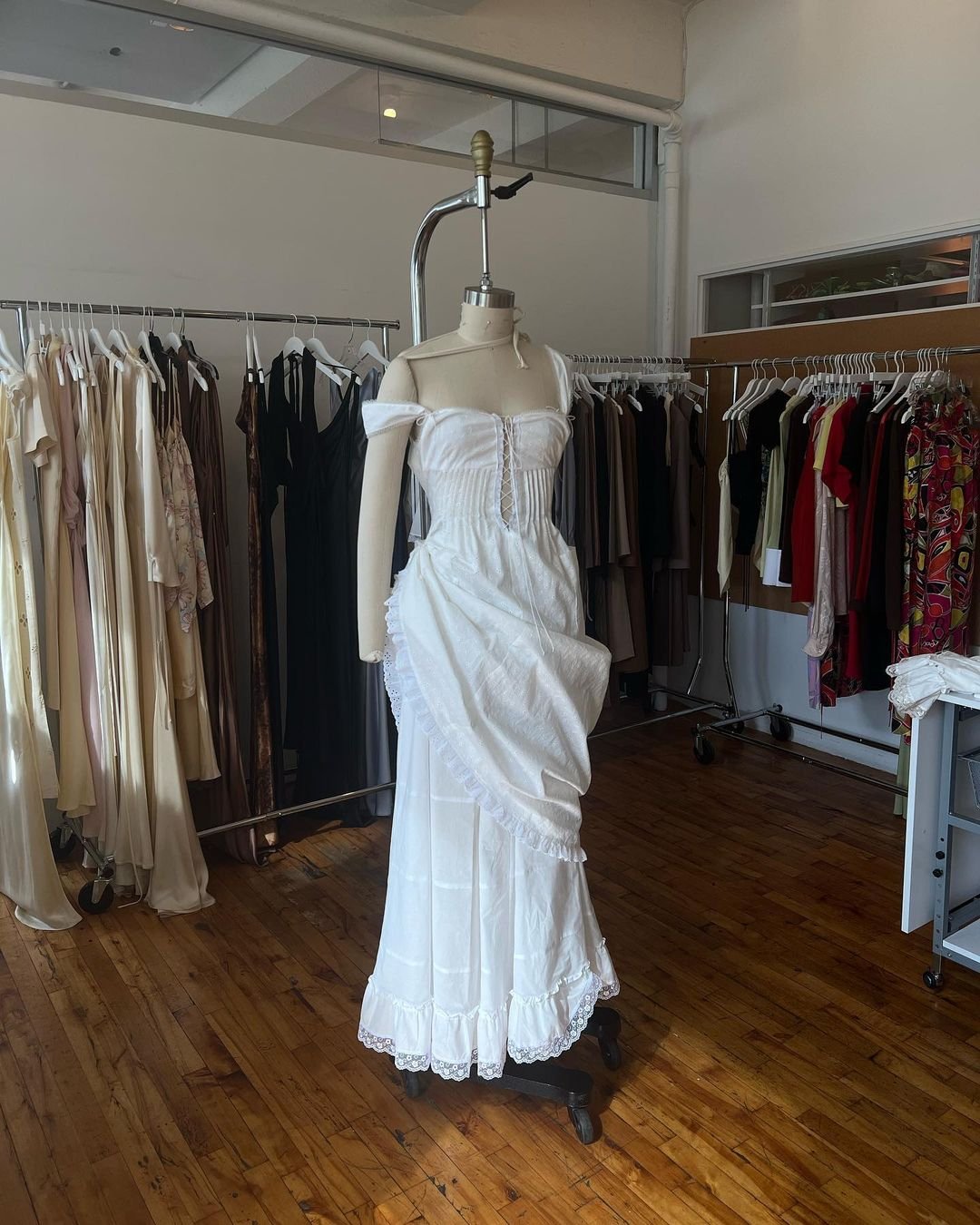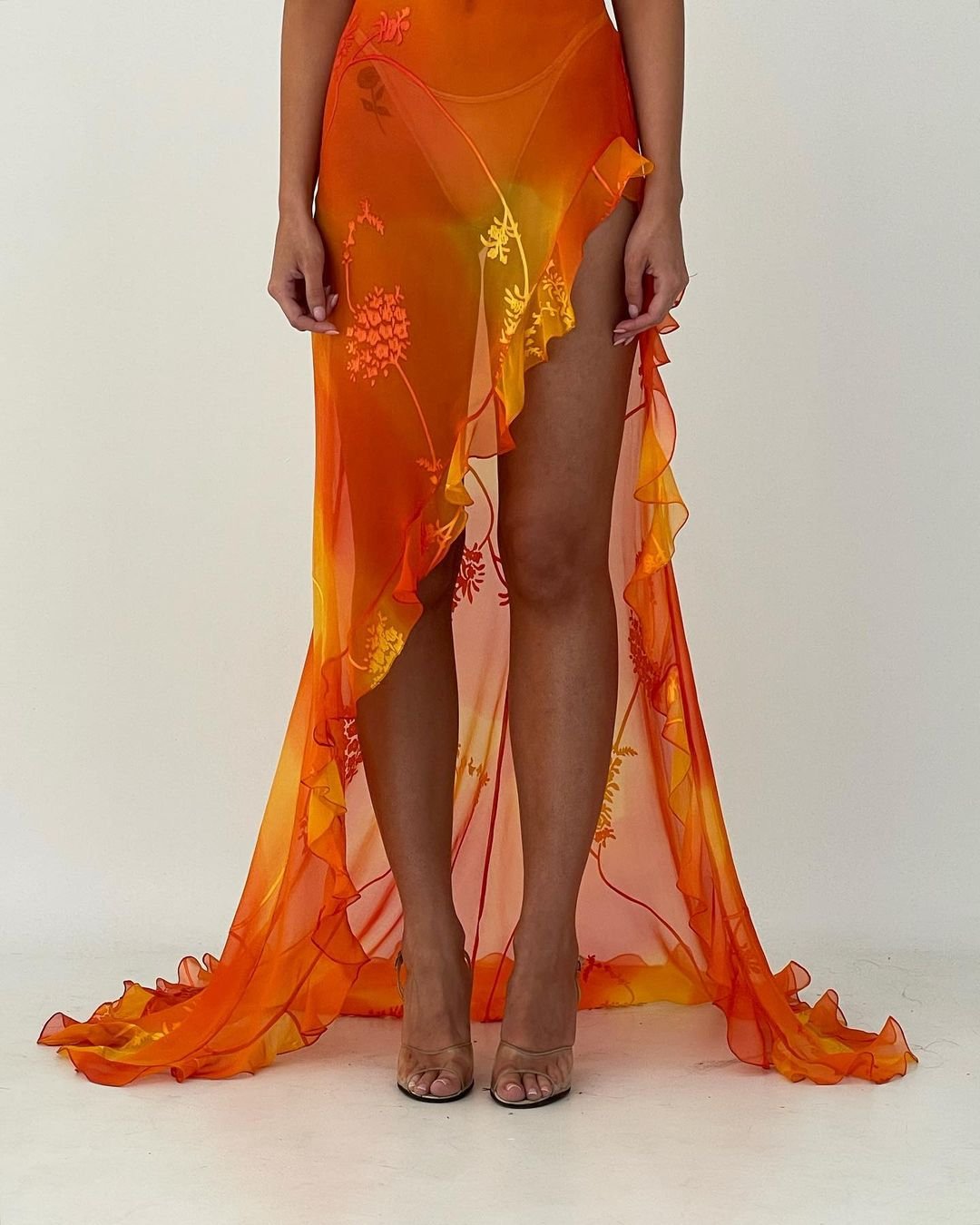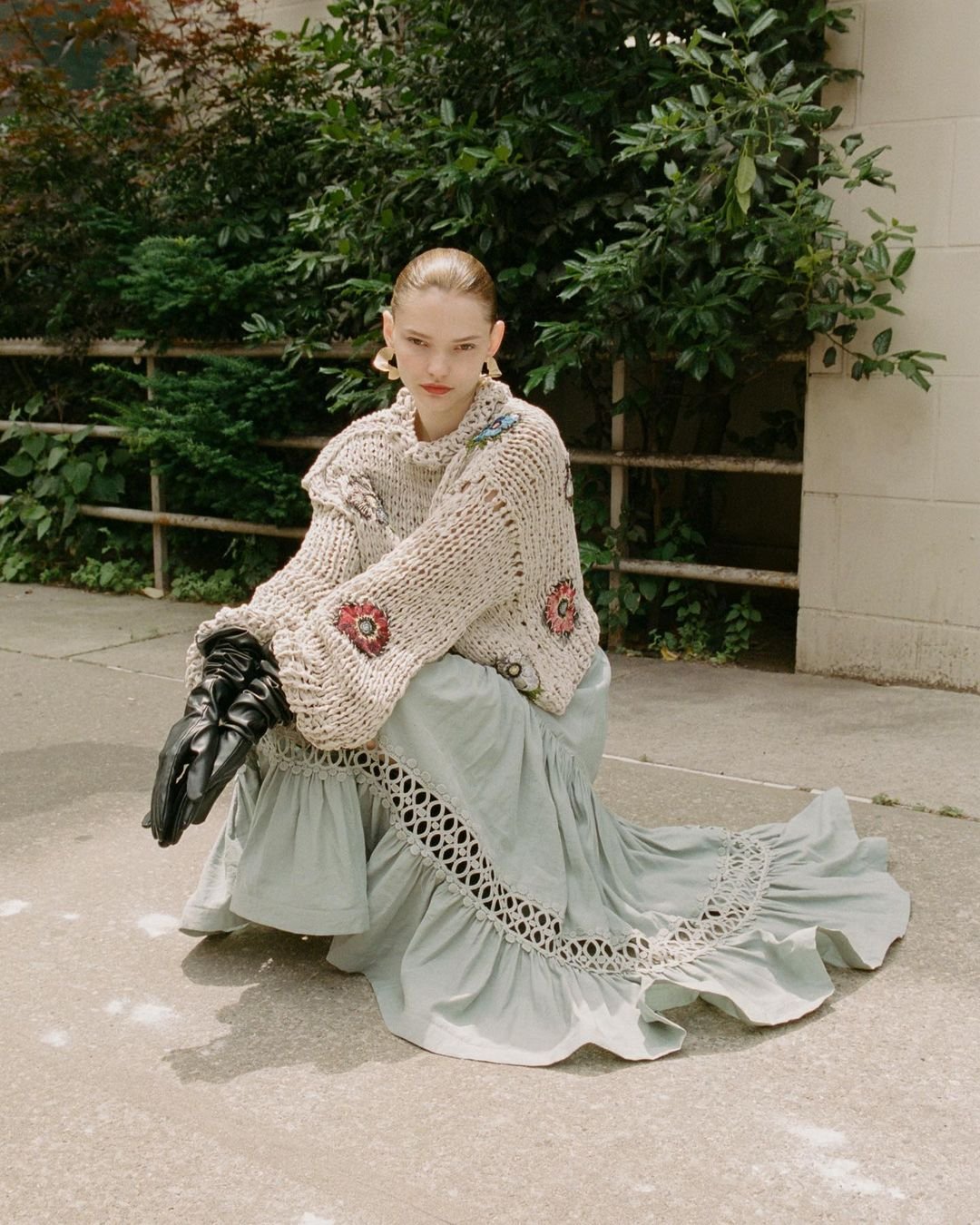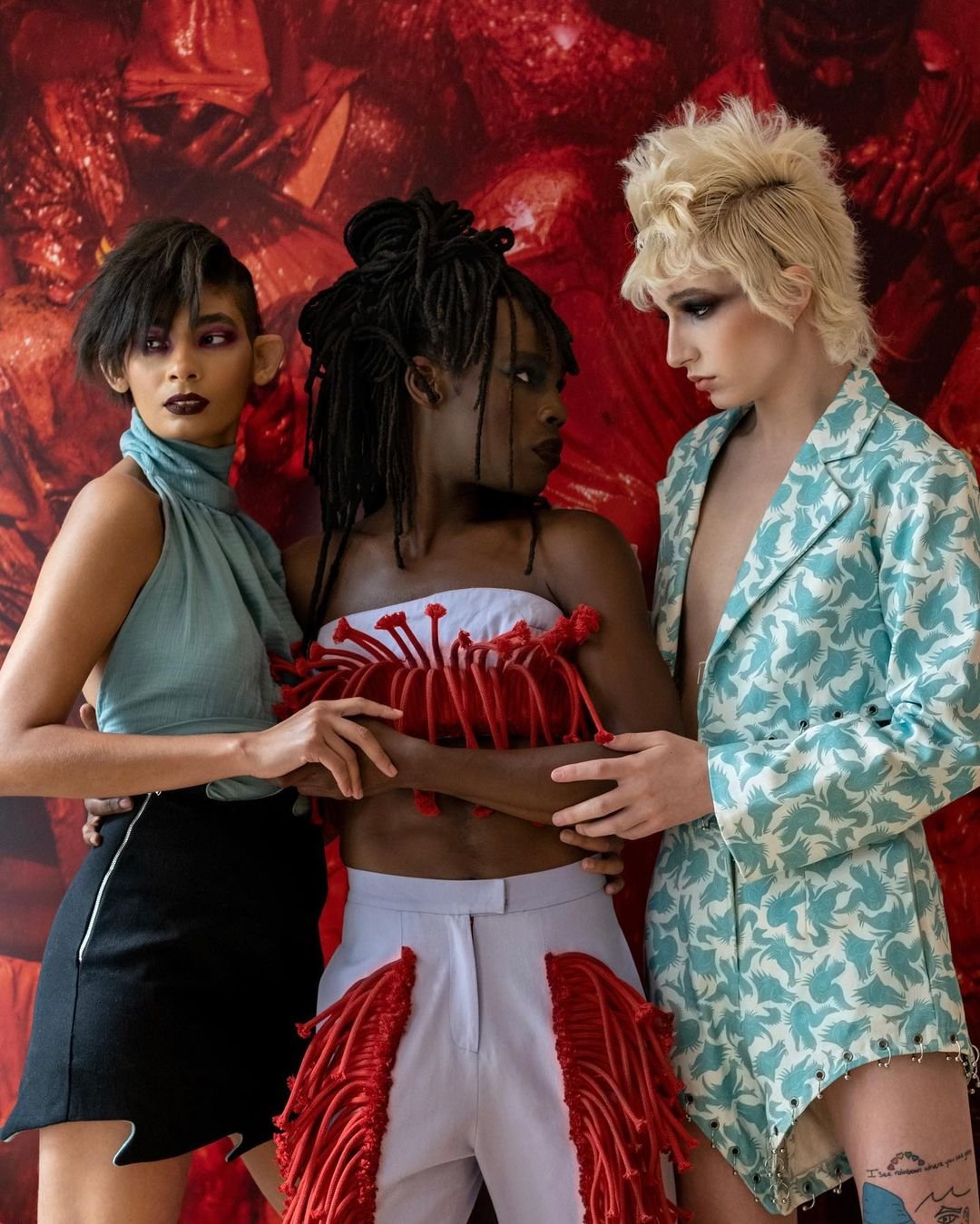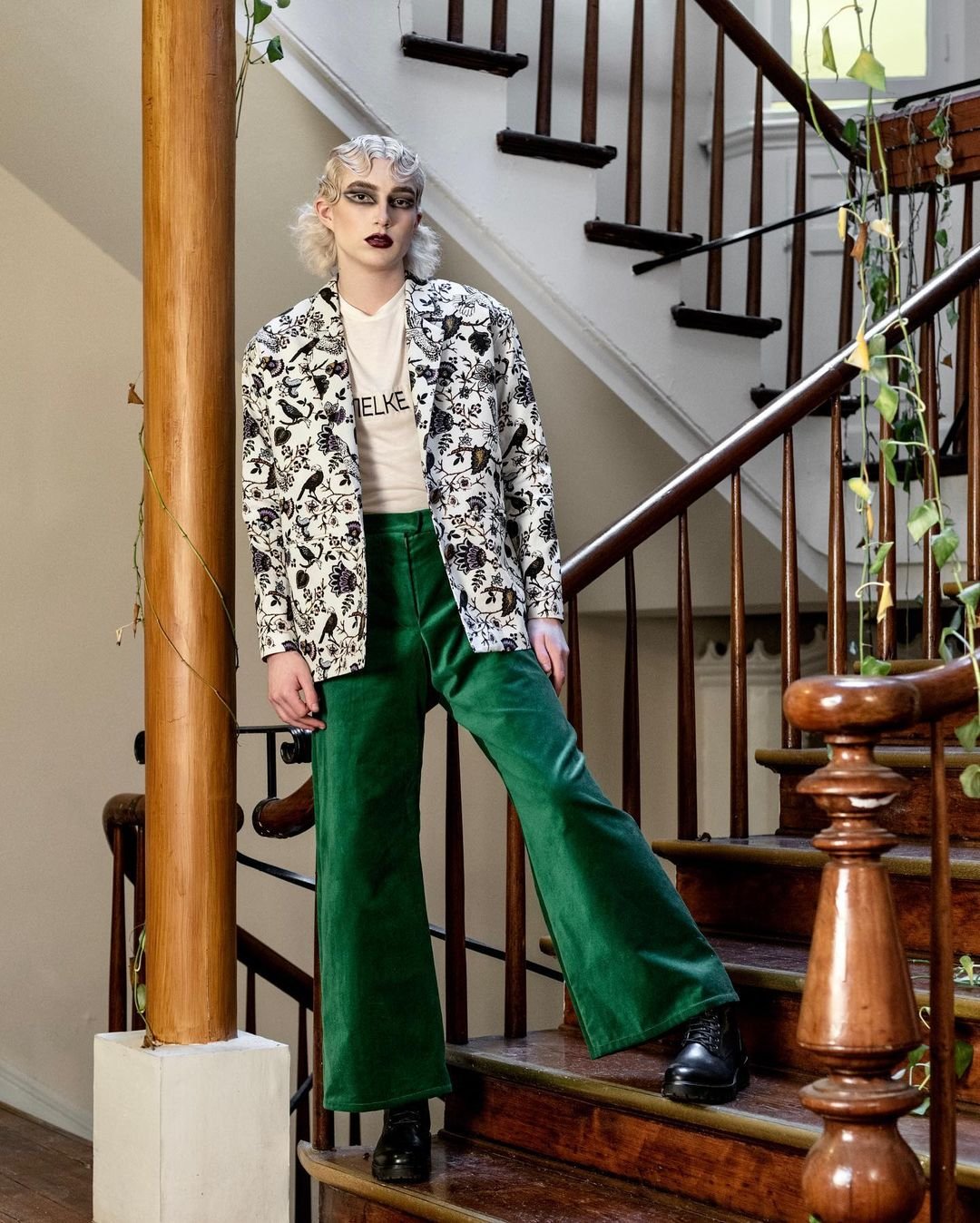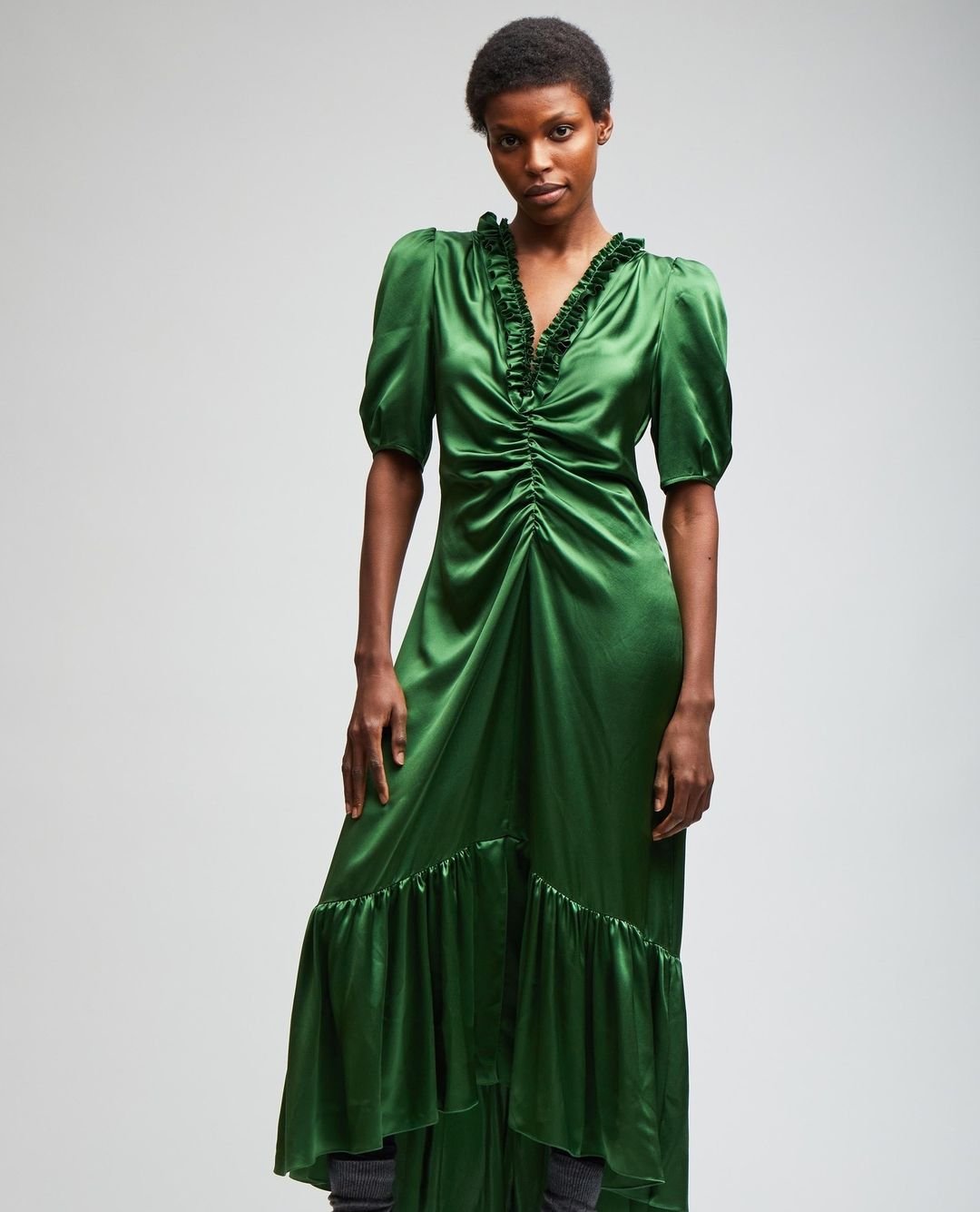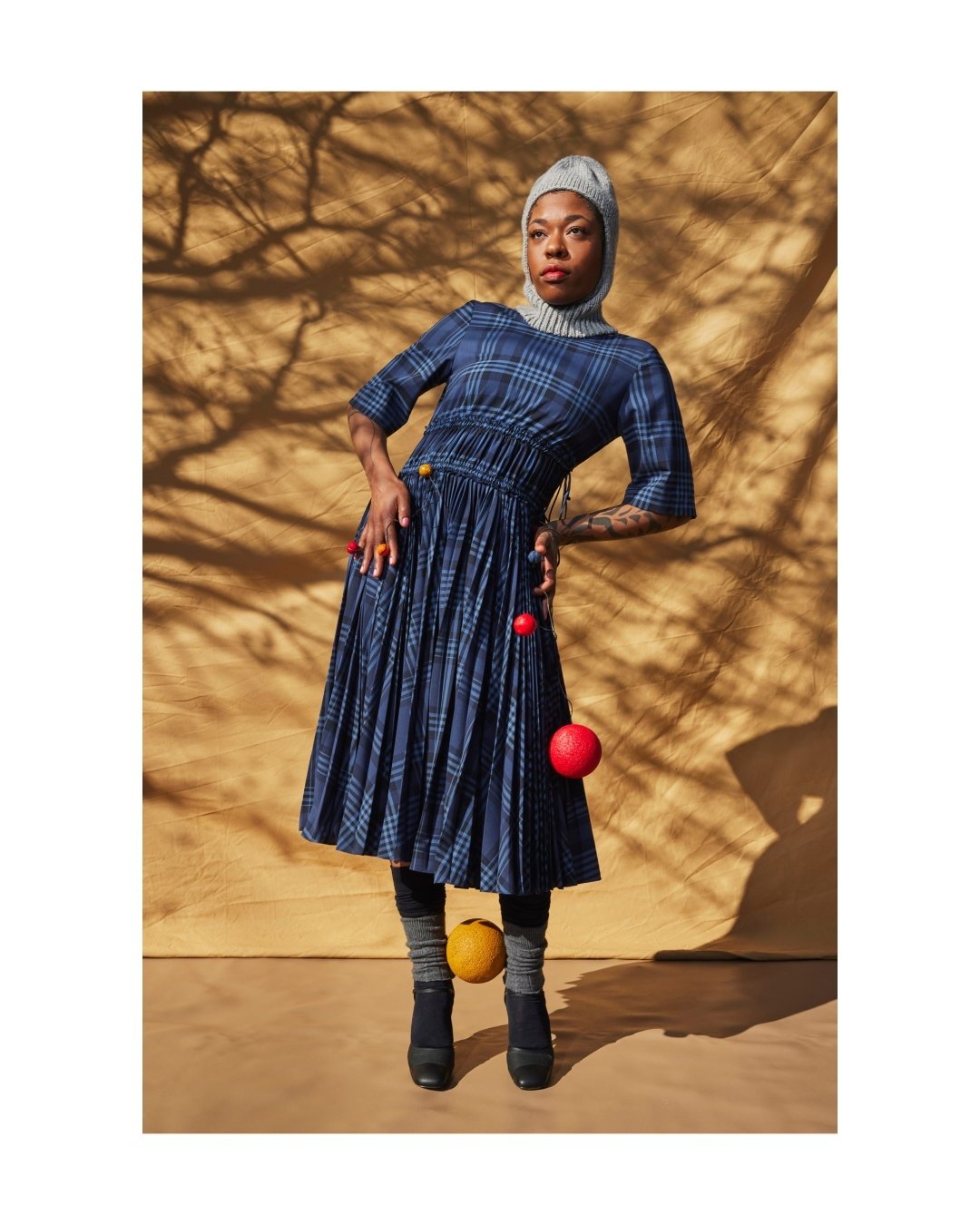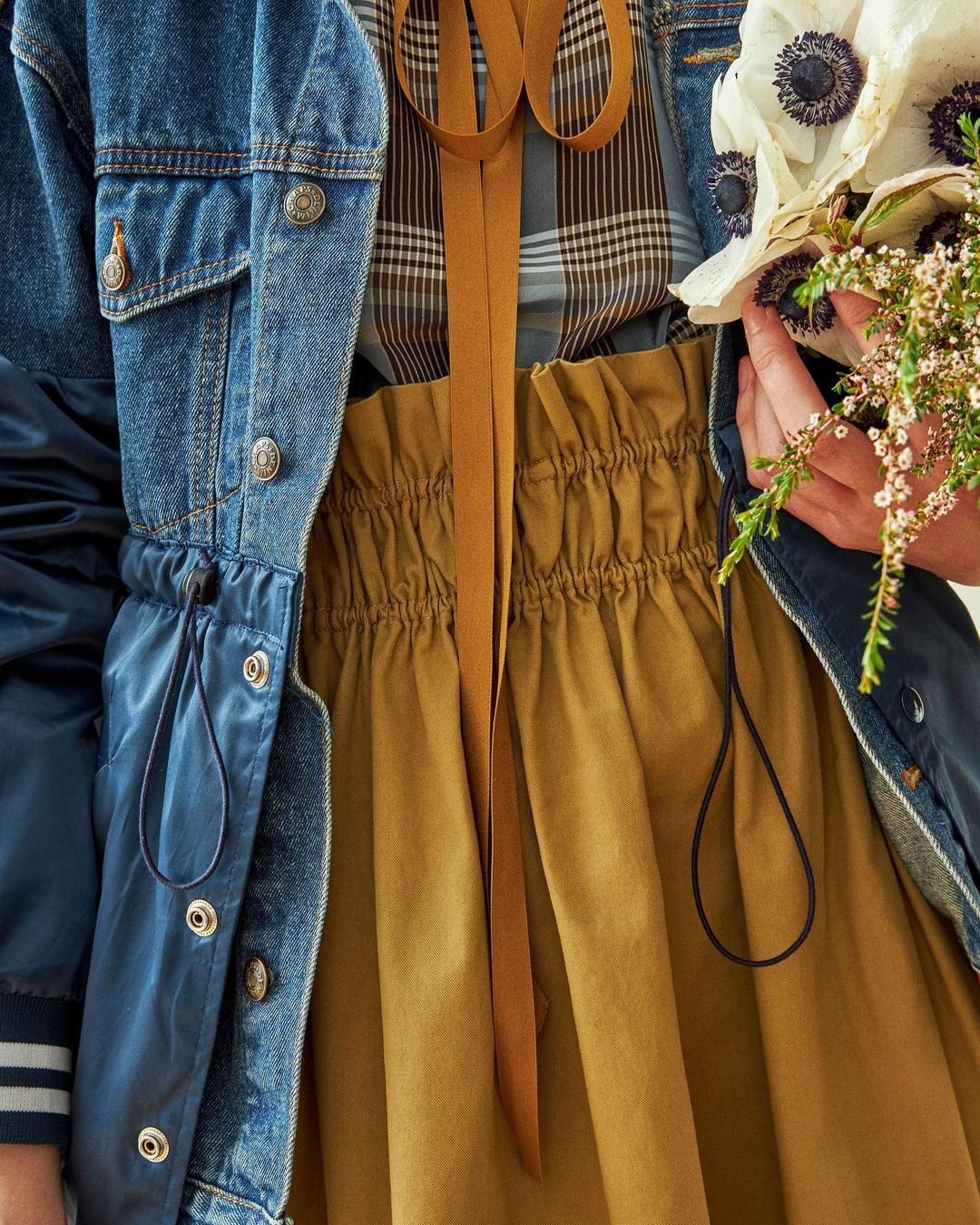14 Sustainable Brands To Look Out For at NYFW 2022
Sound the alarms NYC Baddies! New York Fashion Week is upon us! Prepare to see extremely hot people running down the streets of New York in iconic outfits. Maybe you’ll spot a celebrity in disguise trying to catch a cab. Maybe you yourself will be walking or attending a show this week. Or like me, maybe you’ll be partaking in NYFW from your couch through your phone screen… @fashiontroll777 says that outfit is hideous and unethical!
Speaking of unethical fashion, we know that Fashion Week is not exactly famous for its ethics or sustainability practices, but that doesn’t mean that sustainability has not made its way into the world of high fashion.
Omg look up there! Is it a NY pigeon? A news helicopter? *Heart eyes!* It’s Sustainable Baddie, bringing you a list of brands that are bringing sustainability into the mainstream this week.
Some brands get real close to working sustainability into their designs and others seem to not give a hoot. Sustainability is imperfect and we know it. Out of a list of over 100 brands and designers, we’ve narrowed it down to highlight these 15 brands that are working to be more sustainable and transparent about their efforts.
Chinese-American founders Ophelia Chen and Abi Lierheimer created the sustainable and genderless brand known as BOBBLEHAUS. Their clothing is limited-edition made using only deadstock and recycled fabrics, as well as TENCEL Lyocell fibers, which are extracted from sustainably grown wood. BOBBLEHAUS’ essence bridges “East and West youth culture.” They “bring together global Gen-Z perspectives on fashion, music, art, design, and technology.”The brand promotes workplace conditions in accordance with human rights, ILO conventions and national labor law. They have also teamed up with One Tree Planted to plant 10 trees with every item purchased.
Selkie is a dreamy dress brand founded by British American designer Kimberly Gordon. Inspired by the folklore that Gordon recalls from her childhood, the brand is committed to size diversity and sustainable evolution.Although not 100% sustainable due to their use of polyester, Selkie cuts very small runs of inventory, pre-sells their best sellers, and does not ever produce mass bulk.
Collina Strada was founded in 2008 by designer Hillary Taymour. Based in New York, the brand considers itself a platform for social issues including sustainability. Taymour aims to never sacrifice the character and craft of the brand while still becoming fully sustainable and transparent. Collina Strada’s powerfully colorful and easy-to-wear clothing is manufactured in New York. As part of their sustainability practices, they use rose sylk, an organic fiber made from rose bushes and stems, deadstock fabric, and recycled cotton in the making of their clothes.
Founded in 2018 by Olivia Chong, Dauphinette takes vintage and repurposed materials to create romantic and daring pieces. The brand's sustainability practices include meshing the use of recycled fur and leather with vintage and artisanal elements. By repurposing fur and leather into their clothing they are pioneering a sustainable practice when it comes to the use of fur and leather in fashion.
BruceGlen was founded by twin Black designers Bruce and Glen Proctor. The brand started when the two dropped out of school due to financial difficulties, and the same summer, interned for Beyonce's House of Dereon. They’ve since then debuted their fully sustainable clothing collection, partnering with Resonance Brands to implement a sustainable manufacturing system. Resonance only employs digital printing, which significantly lessens the amount of ink and water used in processes like batch-dyeing or screen printing. Their staff are paid above a living wage and all of the materials they use are made of natural fibers and are 95% biodegradable.
Studio One Eighty Nine, co-founded by Rosario Dawson and Abrima Erwiah, is an artisan produced made-in-Africa brand that creates African-inspired content and clothing. The artisanal component of Studio One Eighty Nine gives it its rare and flair qualities, working with artisanal communities that have mastered their craft. They’ve partnered with organizations like the United Nations ITC Ethical Fashion Initiative and NYU Stern School of Business to empower their workers by creating jobs and supporting education and skills training by partnering. Studio 189 uses various types of dyes that are grown naturally using local plants and herbs, sustainable natural fibers such as organic cotton, dried grass from Ghana, and silk from Italy and the USA. They incorporate recycled fabrics into their designs like recycled cotton and glass or new sustainable fabrics such as pineapple pinatex leather made out of pineapple fibers, and TENCEL fabric.
ZANKOV, founded by Henry Zankov in 2019, is a knitwear collection that emphasizes color, shape and pattern in its design, and explores a genderless and simple way to wear knitwear.
They work only with small family-owned mills and suppliers to help support businesses that have been owned for generations. They use as many materials as possible that are certified responsibly sourced and produced and are starting to work with organic materials like organic cotton, recycled yarn, and responsibly sourced wool. ZANKOV is also developing a new prototyping system where they eliminate an extra step in the process, reducing a significant amount of waste. All of the paper they use for their marketing is made from recycled materials and their shipping bags are biodegradable and can be repurposed.
Puppets & Puppets was founded in 2018 by Carly Mark and Ayla Argentina that strives to minimize waste and consumption. Minimalism is the name of the game when it comes to sourcing materials; they use what they have, repurpose pre-loved materials, and recycle yarns and organic materials. They value product care and work to teach their customers how to maintain their hand crafted garments. Puppets & Puppets prioritizes working with women-led businesses that fairly employ and promote artisans and craftswomen. Their materials are sourced to geographically match their factories and have established relationships in Peru, Bolivia, and Italy. The cherry on top? Their packaging consists of 100% recycled paper/recycled contents.
Mia Vesper is an independent New York based designer who specializes in new, vintage, and artisan-made materials. Their outlook on sustainability "relies on American made or fair trade labor and focuses on small quantity, design integrity, special-ness and longevity." The brand designs and produces all of their products in New York City out of new, vintage and dead-stock materials.
The brand was founded by Madrid-born designer Alejandra Alonso Rojas. Rojas launched a casual luxury brand in 2016, inspired by her life in Manhattan and her archival photographs of her family in knitwear. To uphold sustainable practices, Rojas crafts cashmere from recycled fibers and works solely with artisans of small-scale factories. Rojas’s naturally dyed garments are all hand-finished in the United States. She stands by the fact that each piece is an investment item intended to be handed down for years to come.
PH5, founded in 2014 by designer Wei Lin, is an advanced contemporary women’s knitwear brand empowered by functionality, color, and style. Their name is inspired by the Ph scale, “If 7 represented androgynous unisex labels and 1 represented the extreme feminine or sexy brands, PH5 would be a brand that's leaning more towards the edgier side while keeping a touch of femininity.” The brand has a whole sustainability report on their site, we love to see it! Their 2022 Sustainability Report details their practices and goals for the matters of transparency, emissions, water & chemicals, materials, workers rights, and waste.
Founded by designer Marcelo Gaia in 2019, Mirror Palais designs beautifully airy and chic pieces. These garments are only available by pre order, meaning only after you purchase a piece will it then go into sewing. It’s a process that Gaia believes builds a stronger relationship and attachment to their pieces, making it hard to let go of and increasing the chance that it will stay in someone's wardrobe for longer. Each of Mirror Palais’ garments are designed and made in New York. The brand does this with the intention of making fair wages and craftsmanship a vital part of the conversation around fashion and sustainability.
Melke is a New York based brand that keeps ethical fashion at the heart of their designs and creative process. Founded by Emma Gage in 2020, Melke defends the workers who make our clothing and ensures they receive the human rights they deserve. As a child, Gage was introduced to the issue of human trafficking and has since made it part of her standards to combat the exploitation of factory workers. Melke fights for economic, social, and environmental sustainability and is working to ensure that all of the material they use comes from the Earth and can exist on Earth without causing any harm. Their garments are made to order and all of the dyes they use are natural and all materials are sustainable. Melke’s goal is to be 100% plastic free, including recycled plastic.
Rentrayage was founded by Erin Beatty in 2019. Rentrayage is a French word that means “to mend and to ‘make whole again,’” a practice that is central to Rentrayage’s ethos. They are committed to the circular economy and use old clothes, vintage fabrics, and dead-stock materials to create new yet classic pieces. If sourcing new materials, Rentrayage uses recycled materials and only as a last resort will they use virgin cotton, linen, silk or wool which must be traceable to the raw material level. All waste created by Rentrayage that cannot be used goes to Fabscrap, and any items returned by customers are also repurposed. They also use 100% recycled boxes and poly-mailers in their packaging material.

